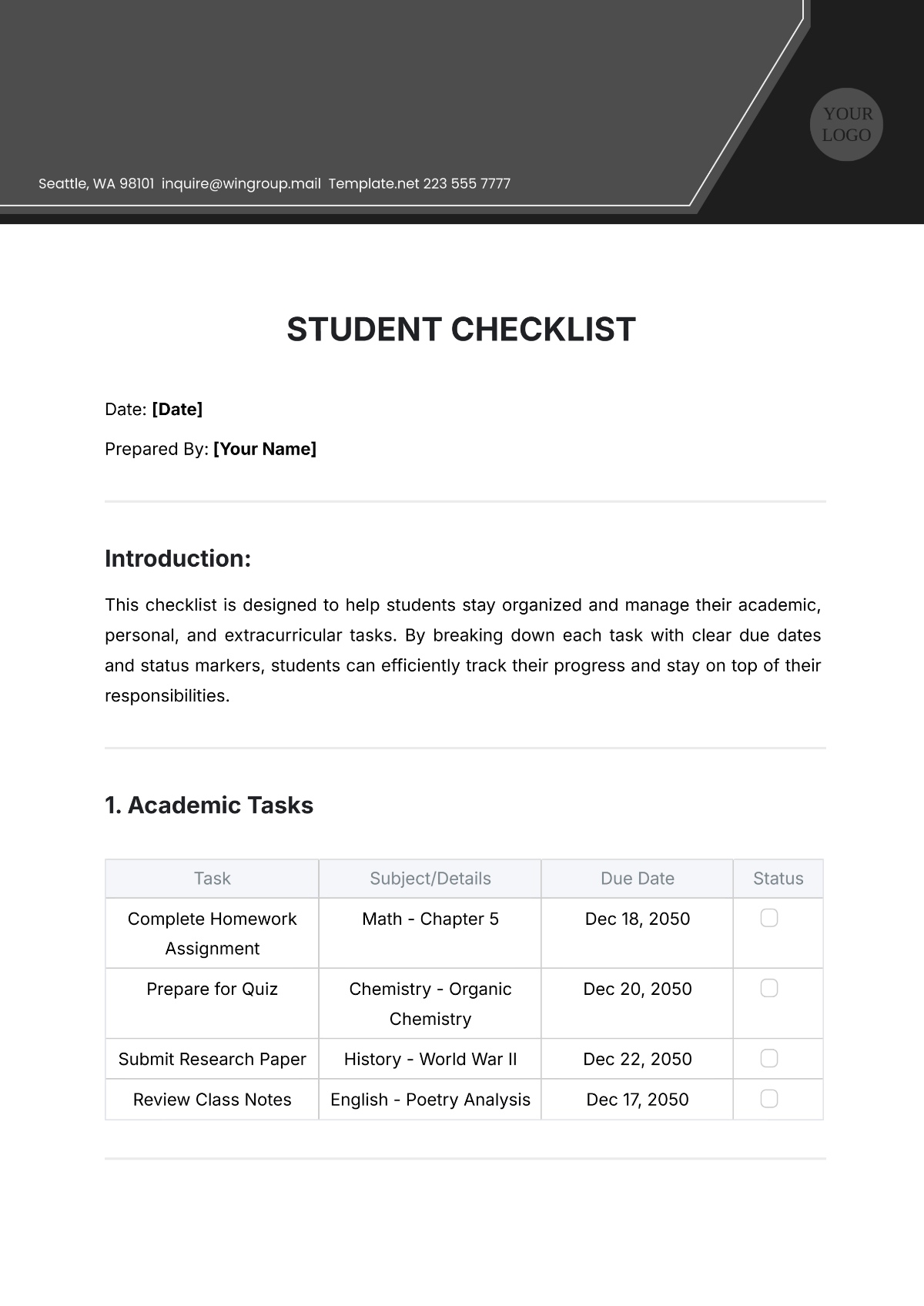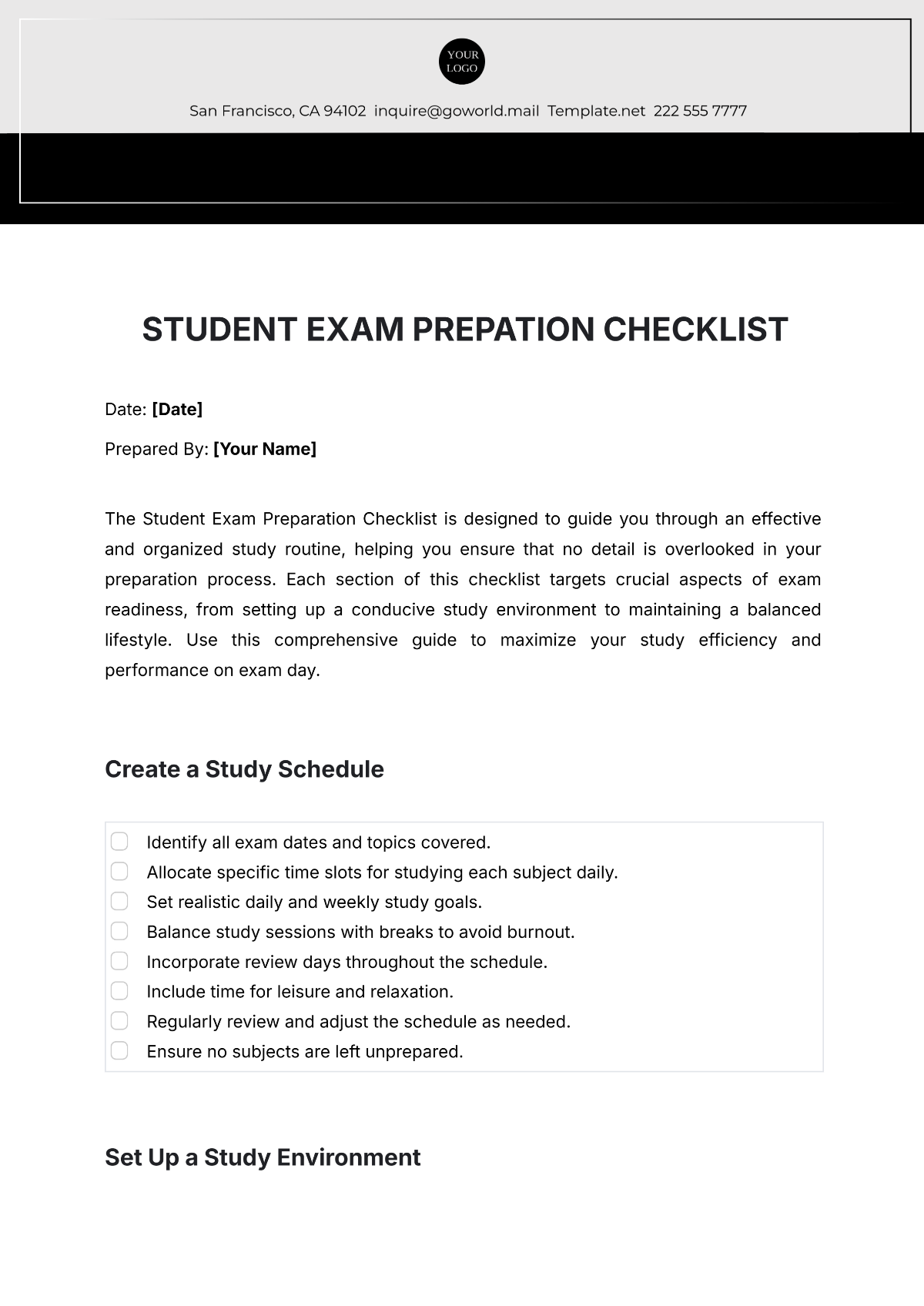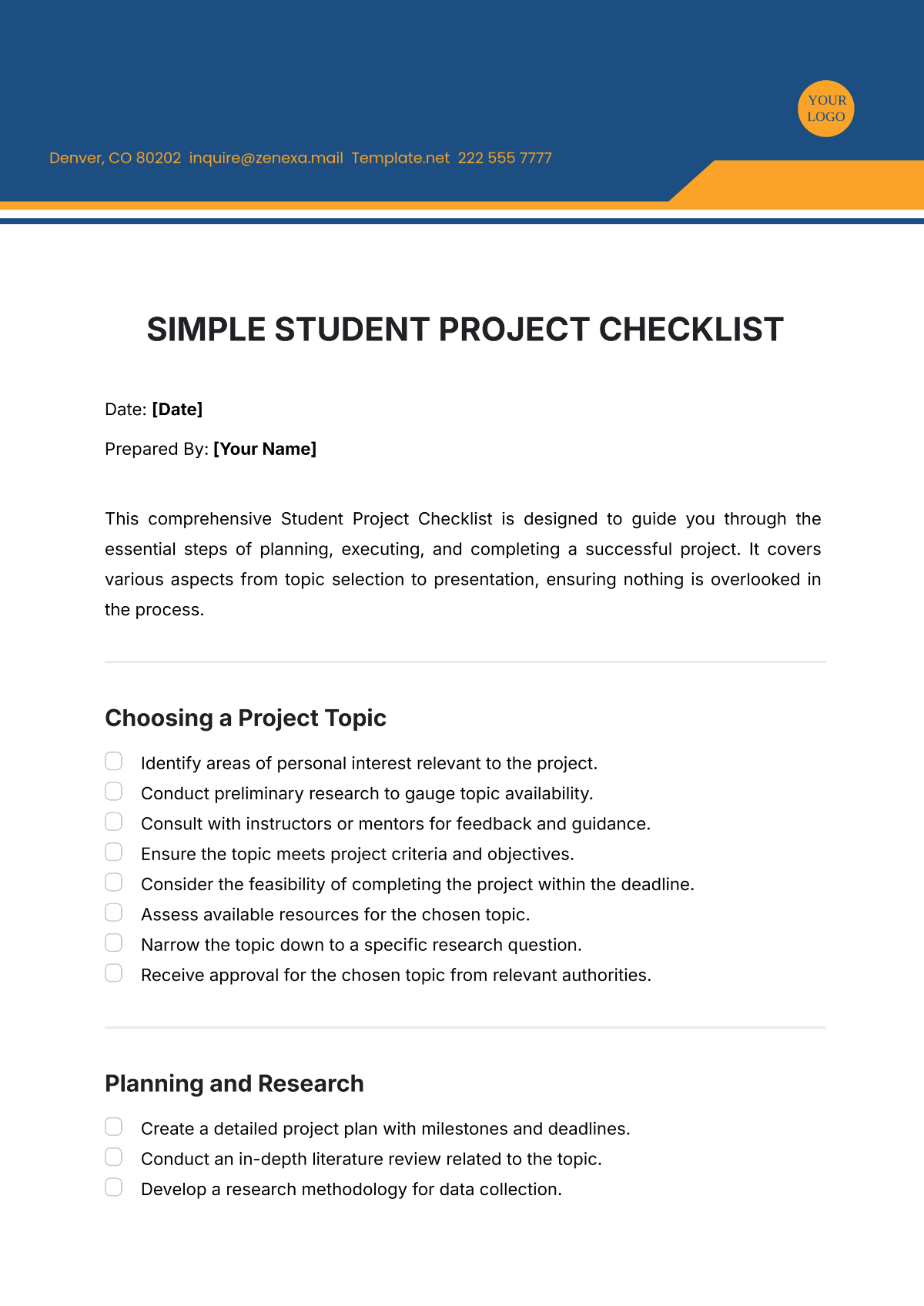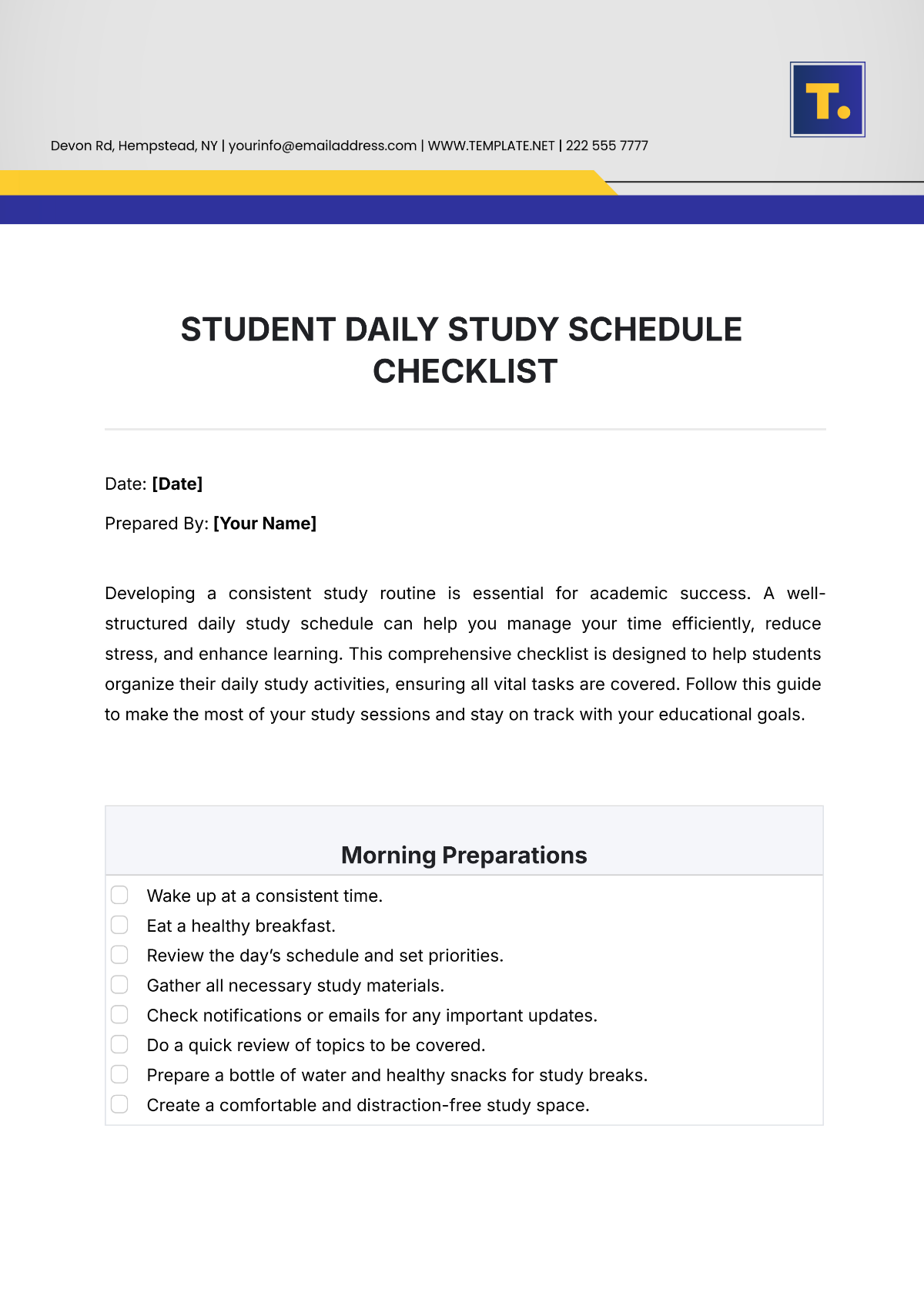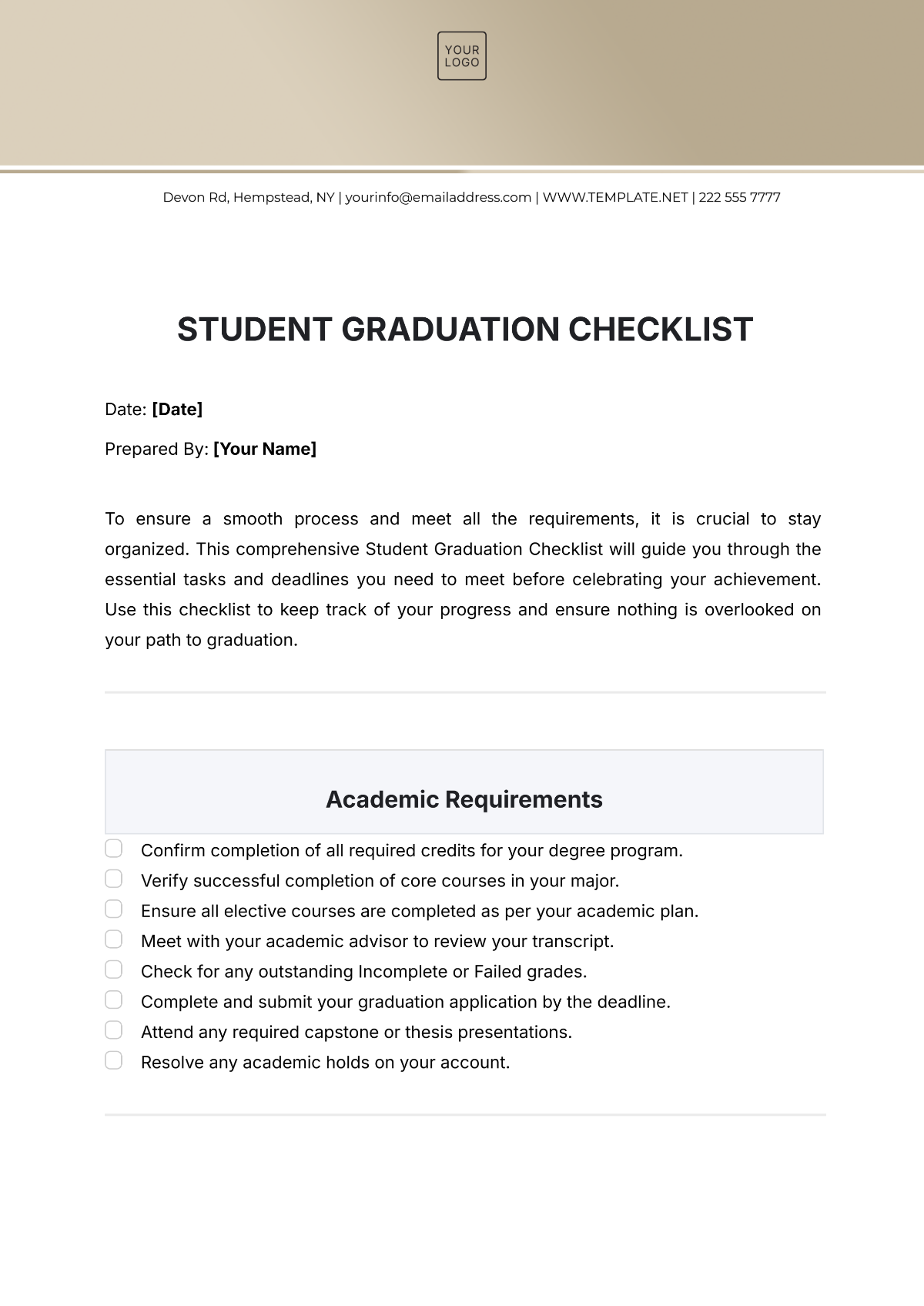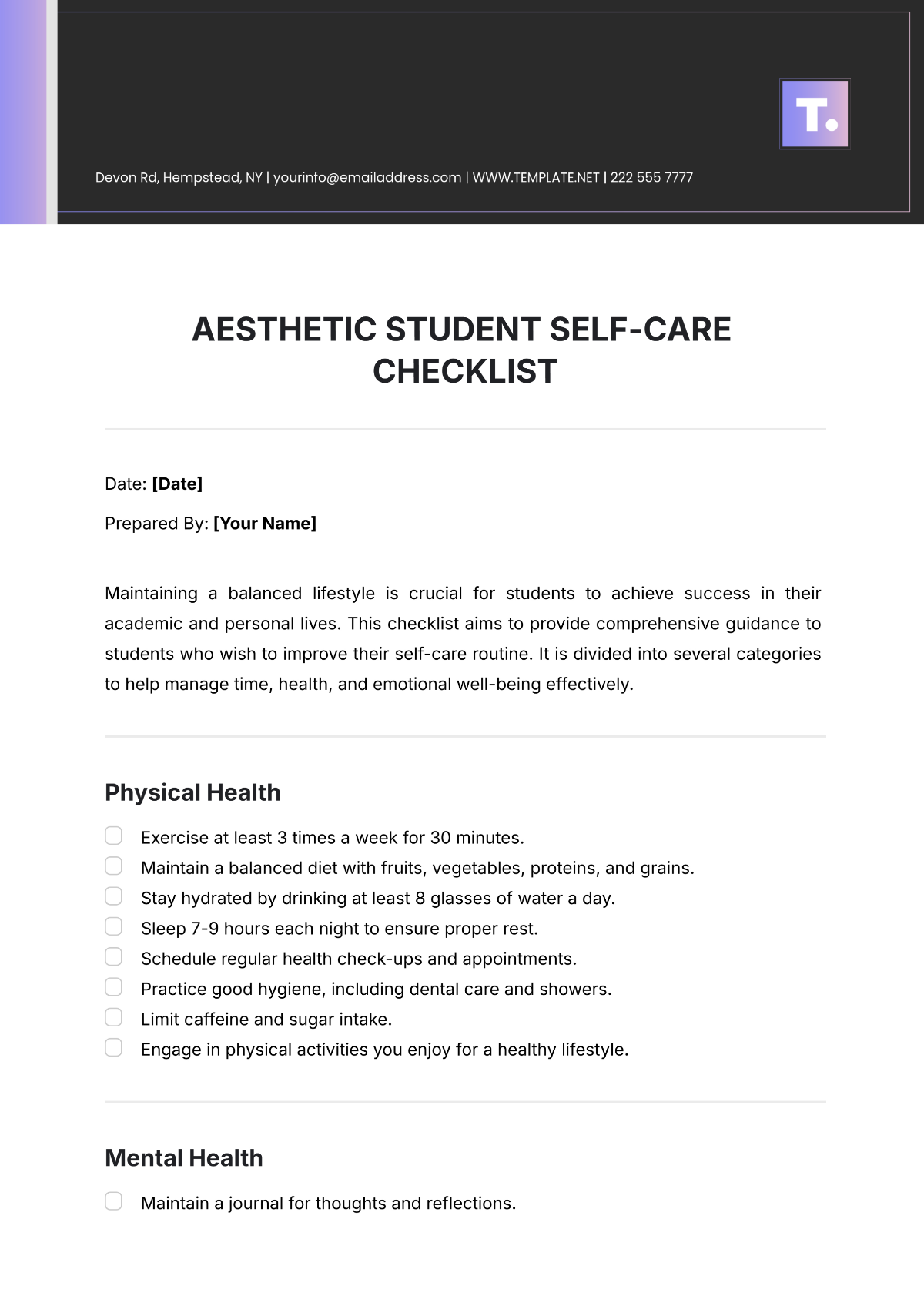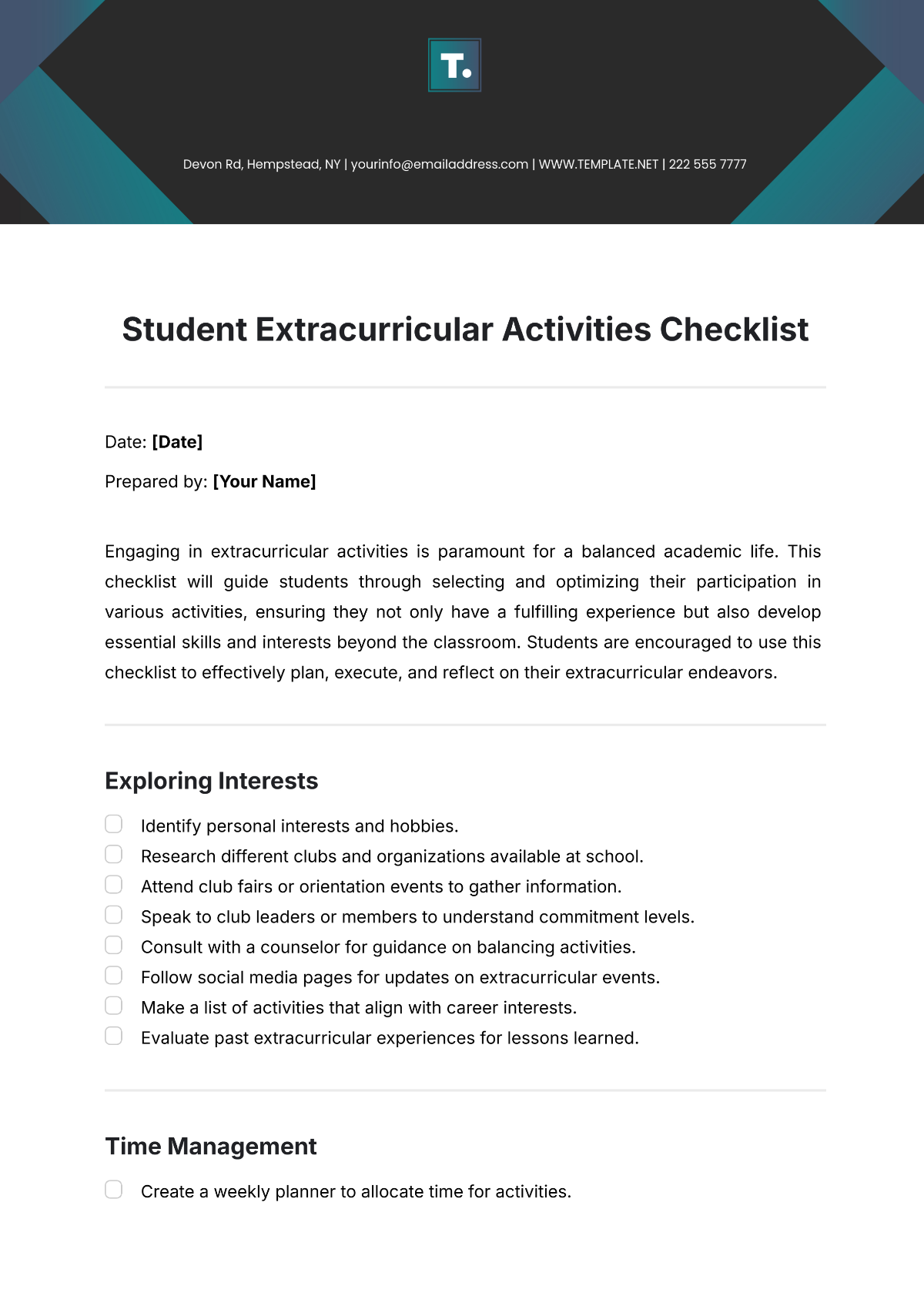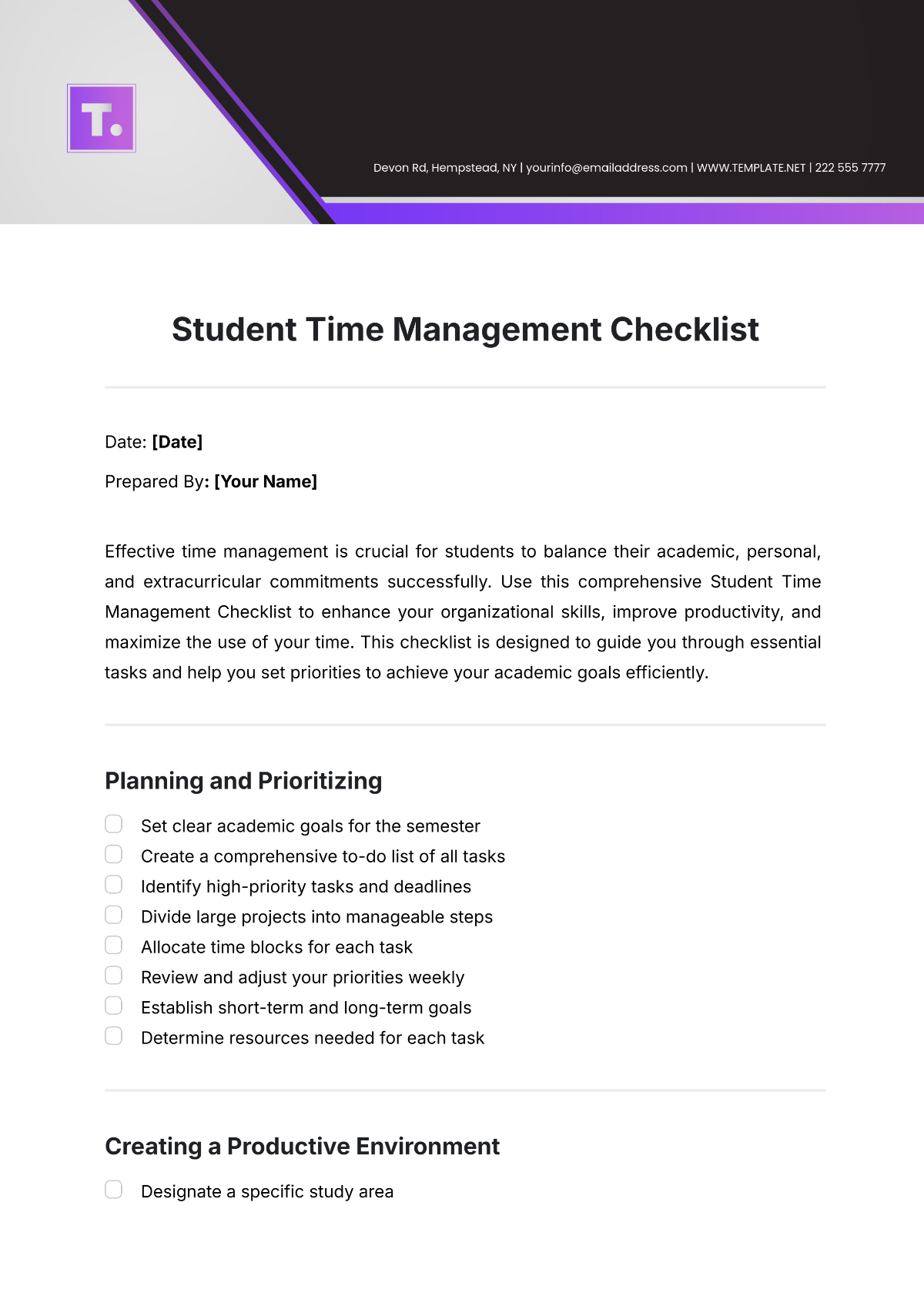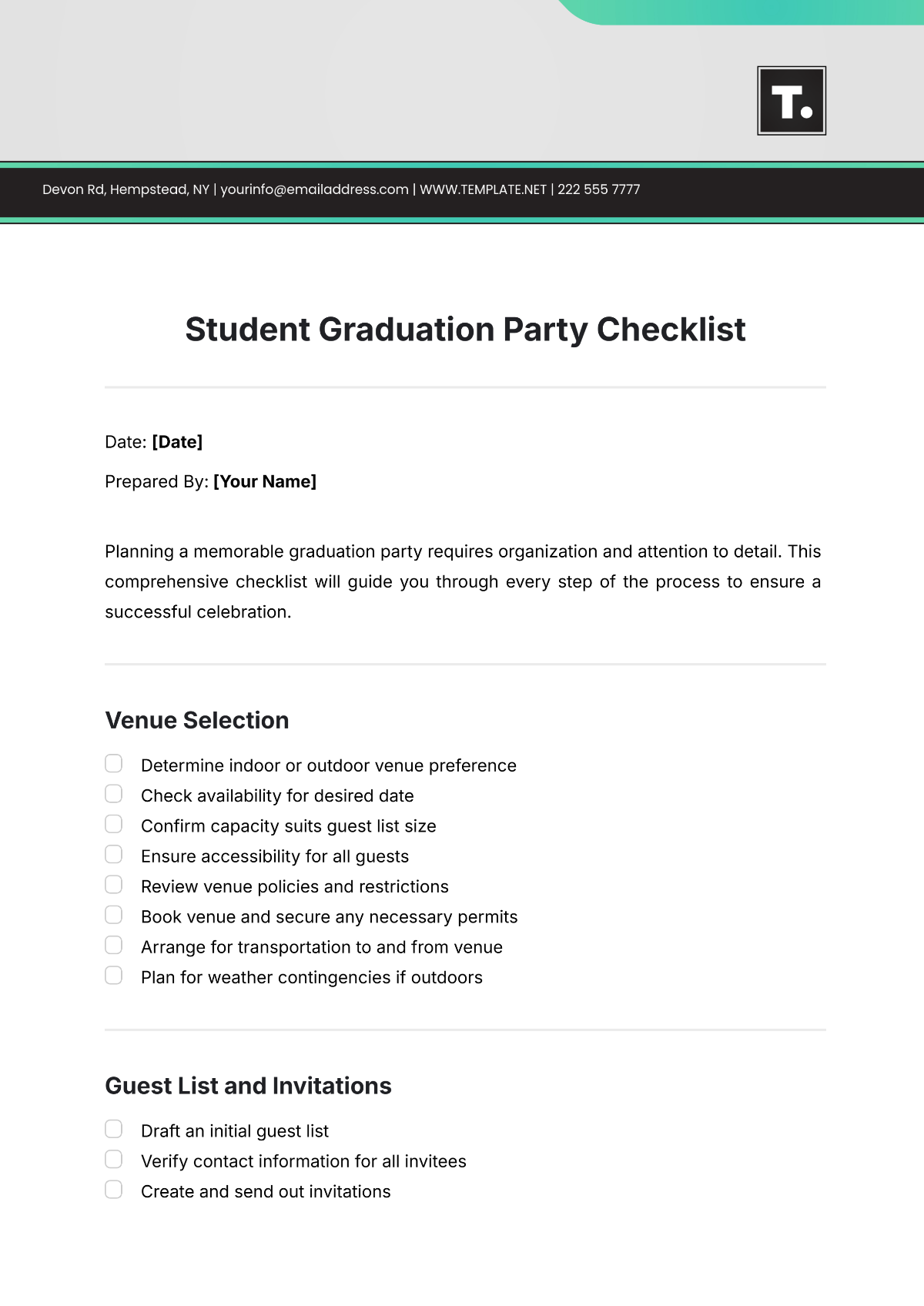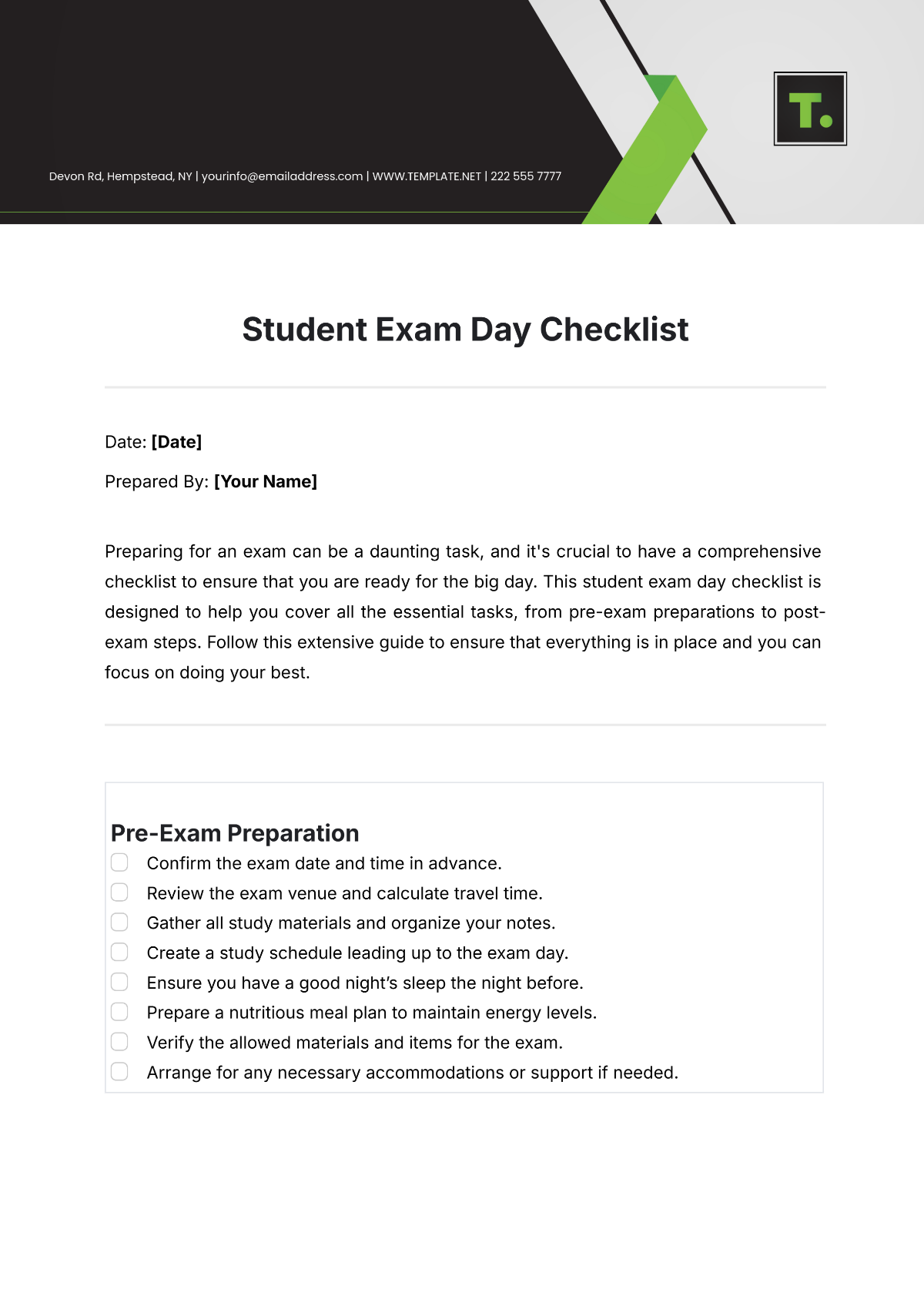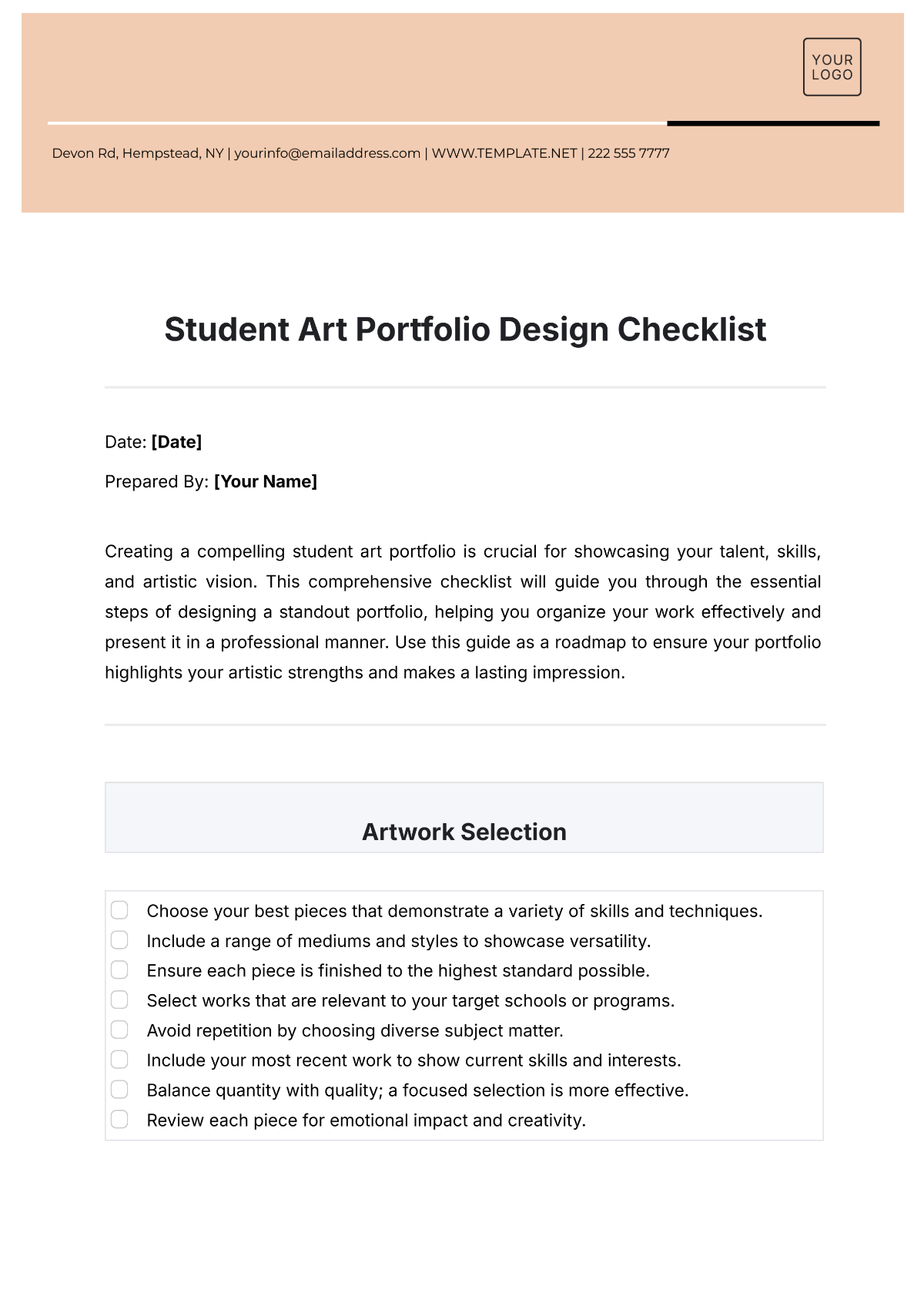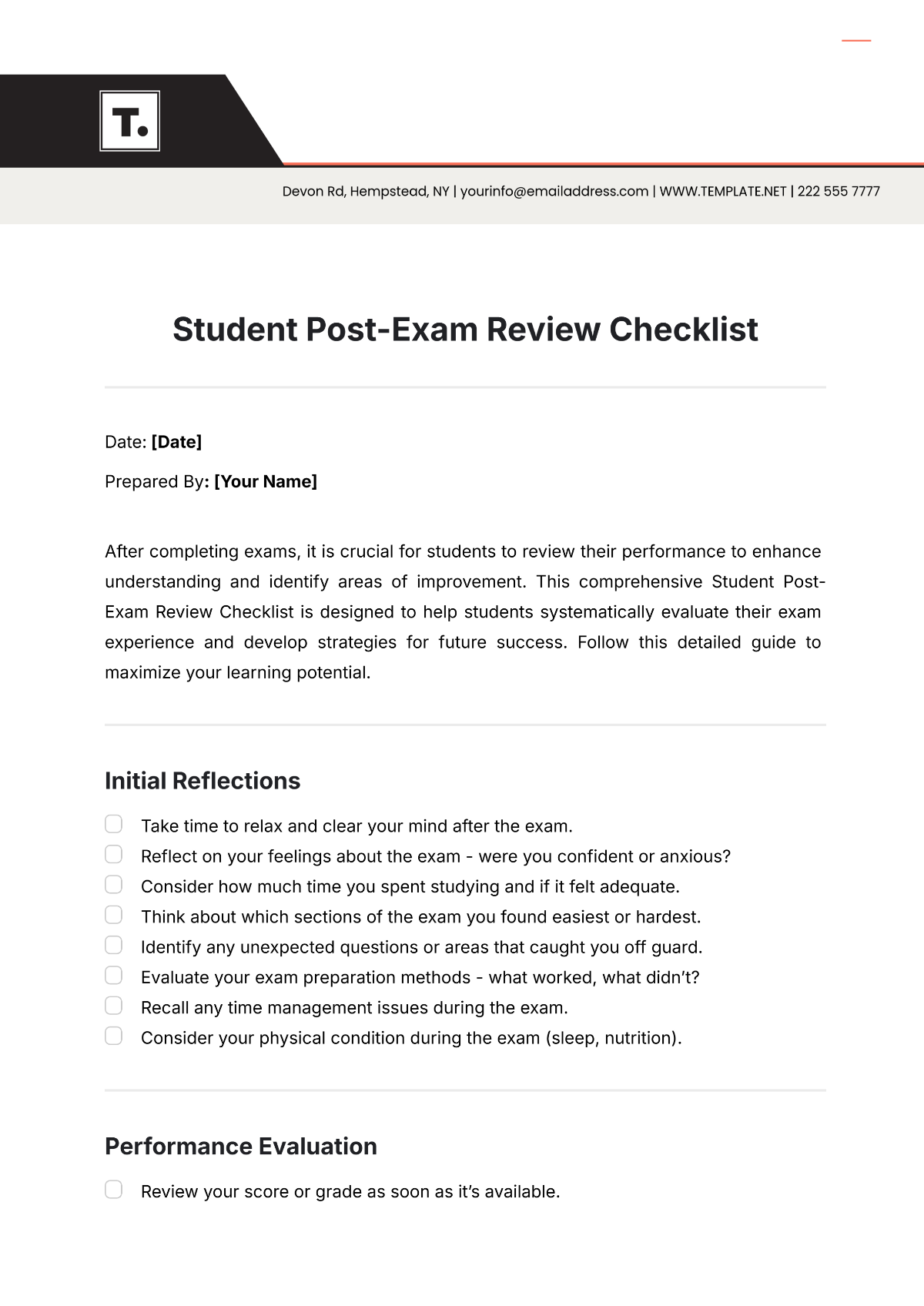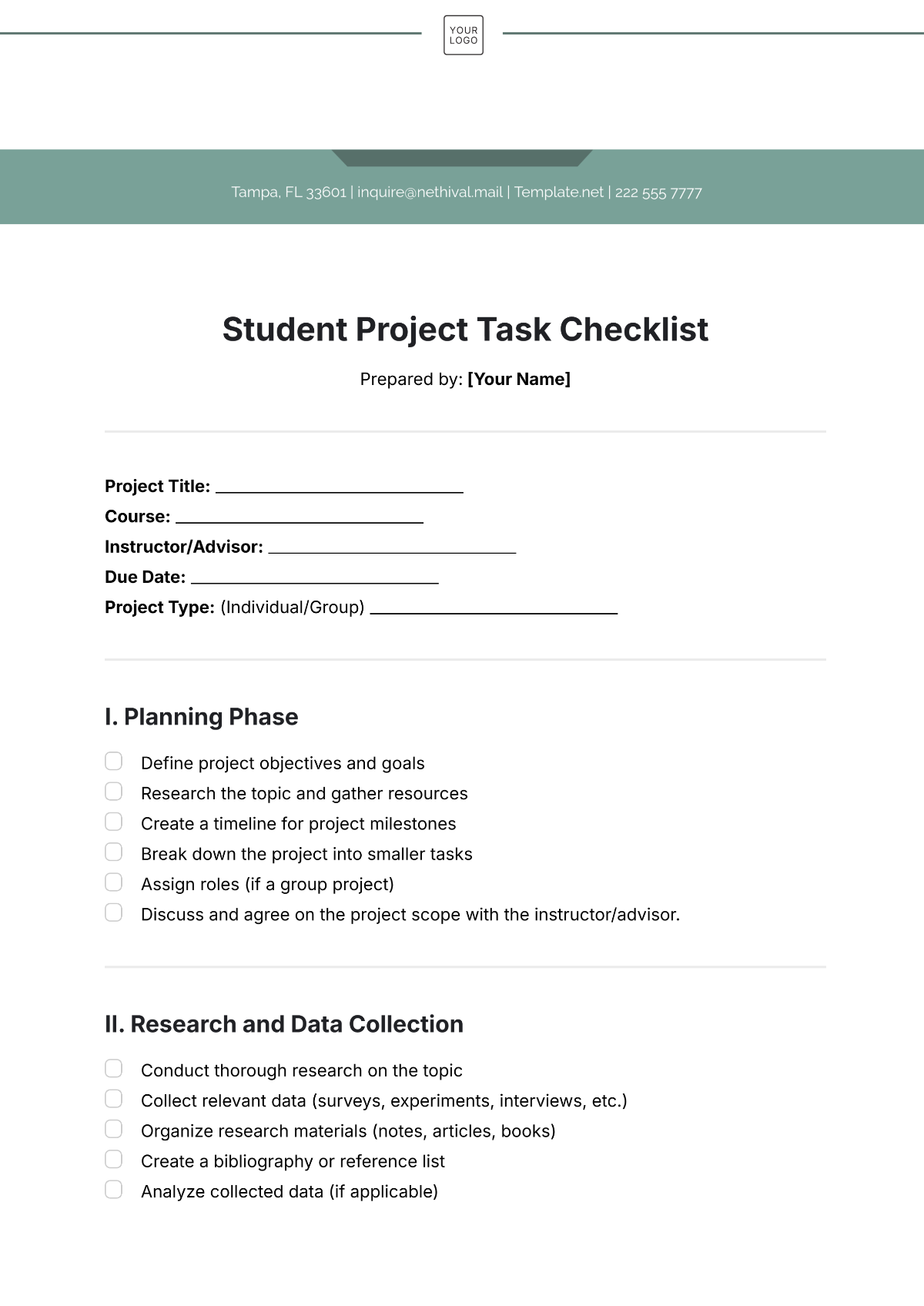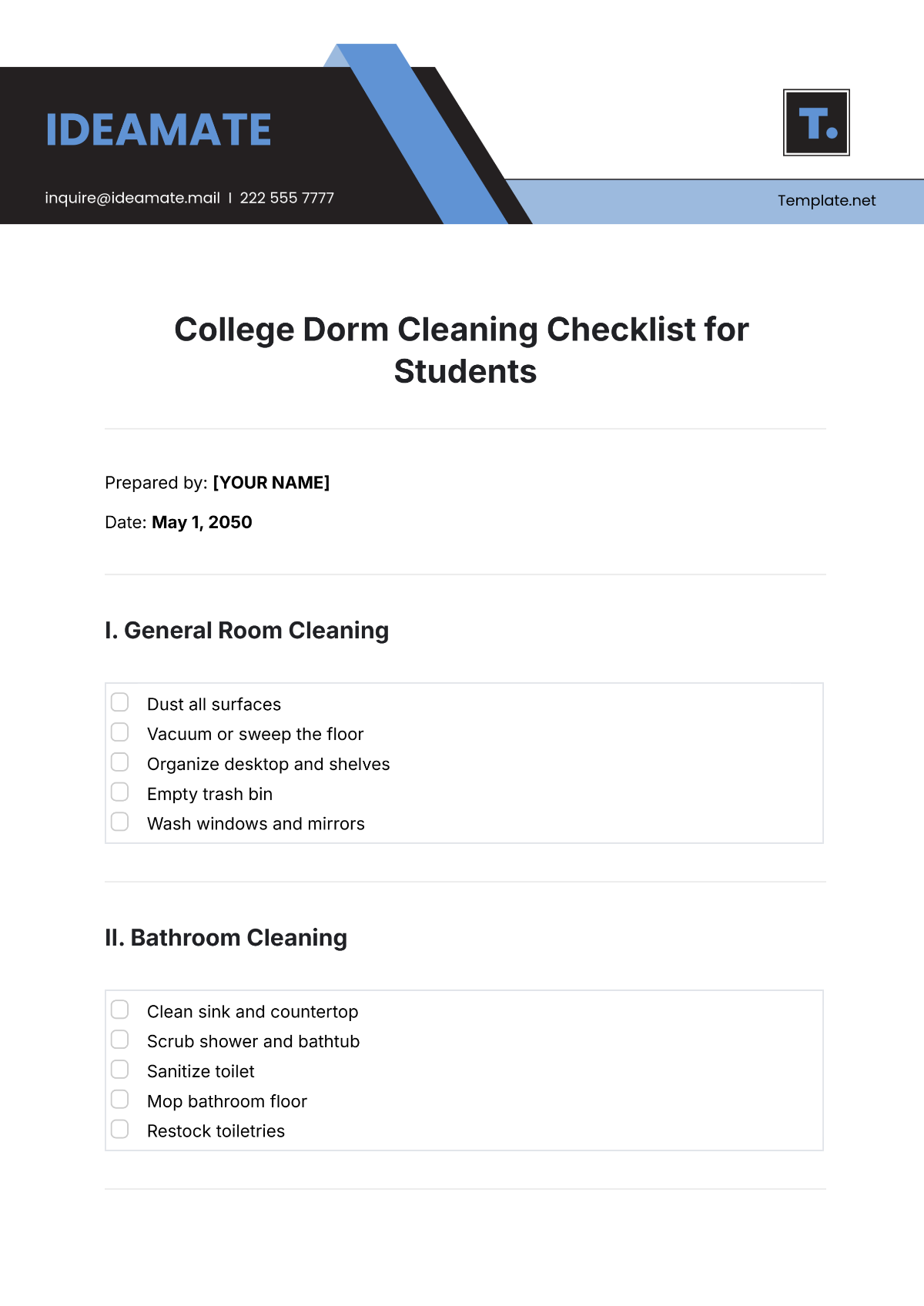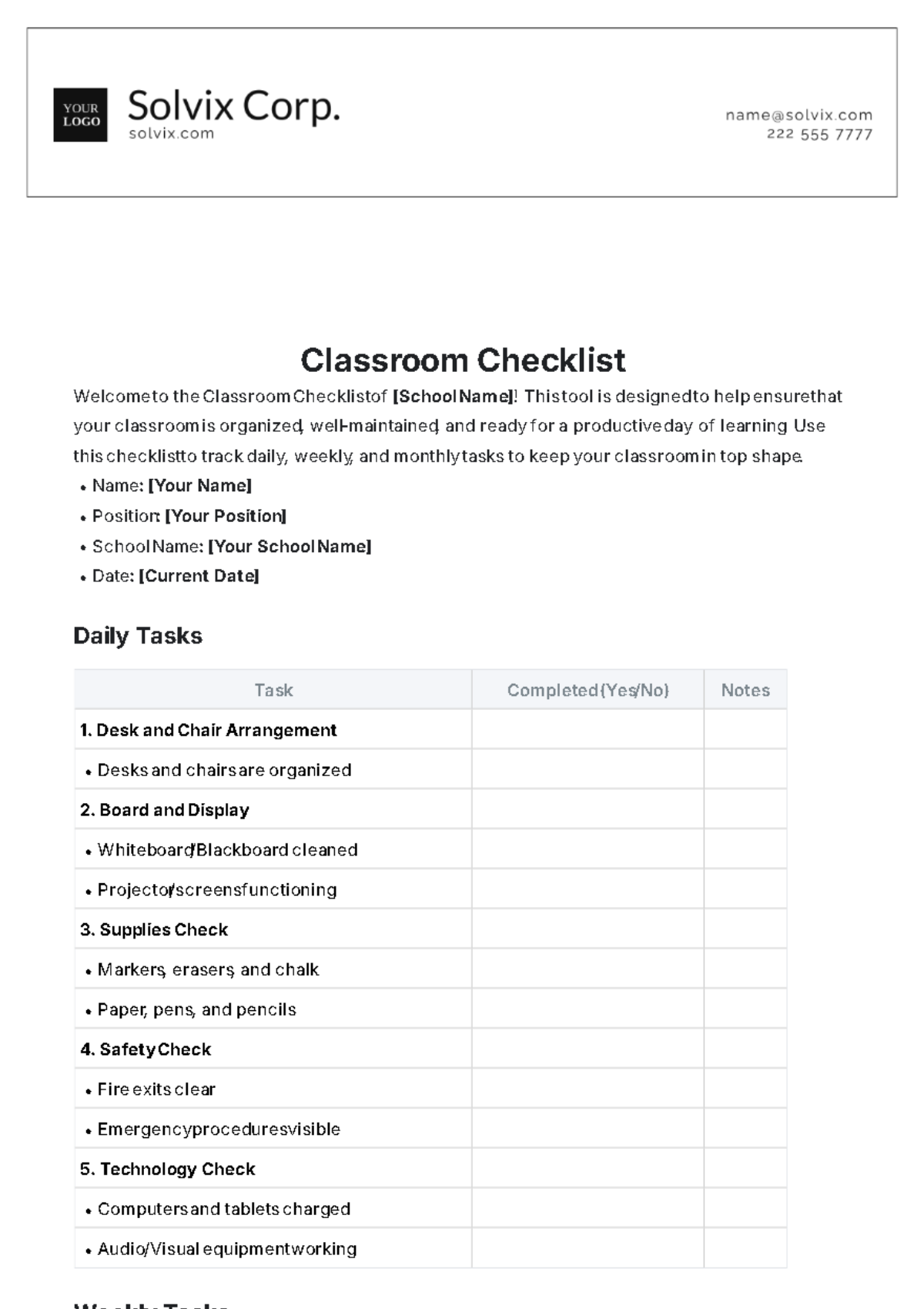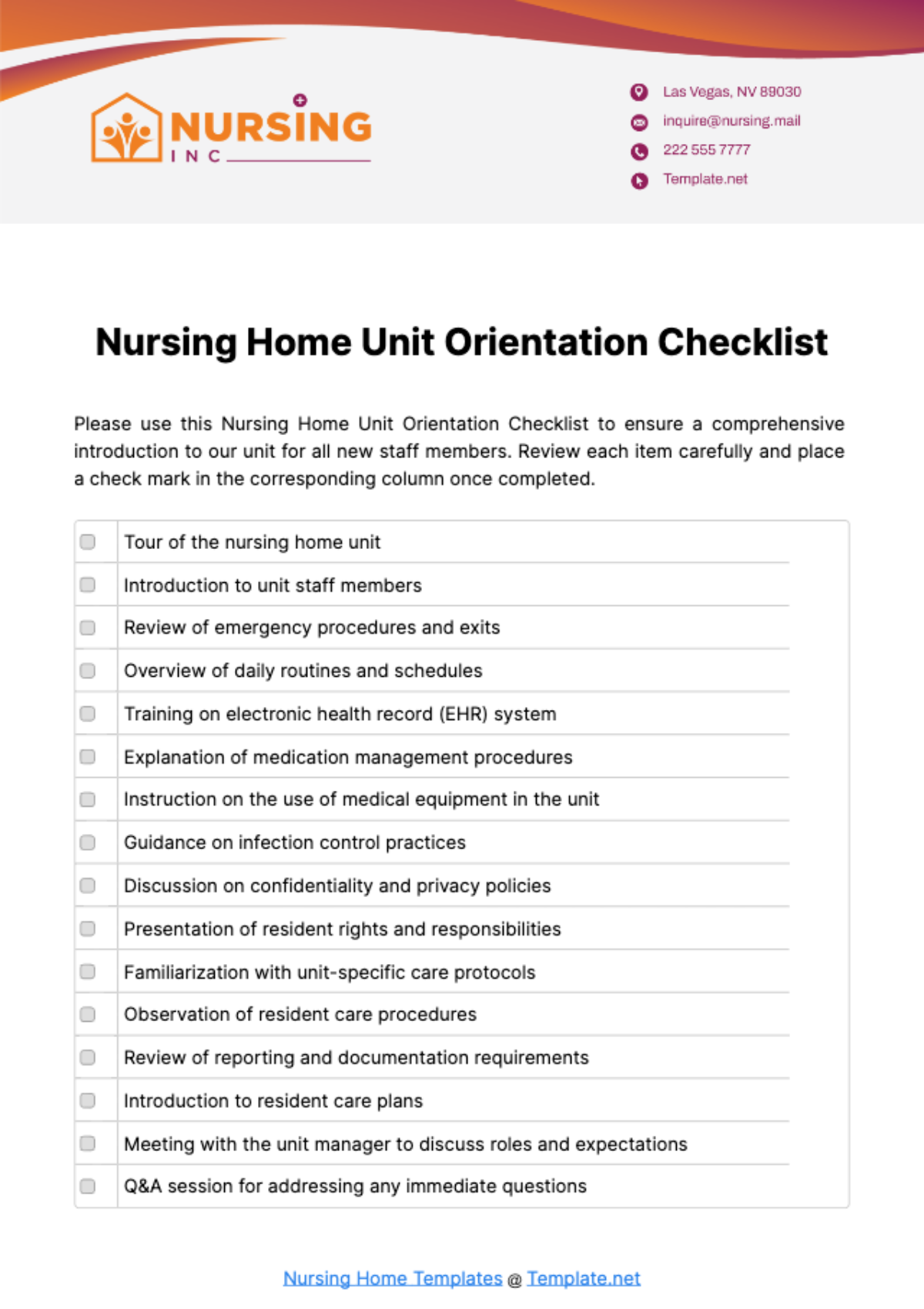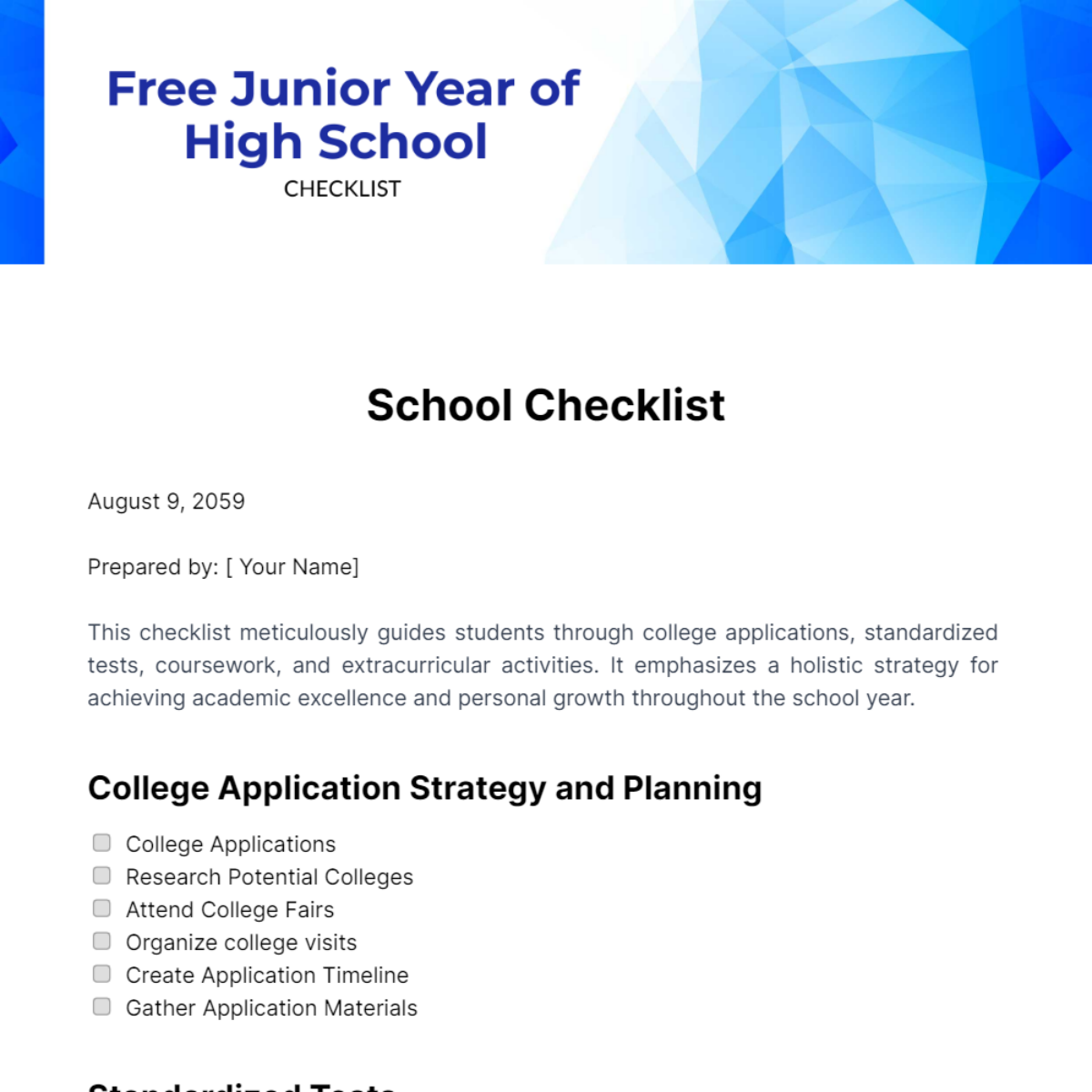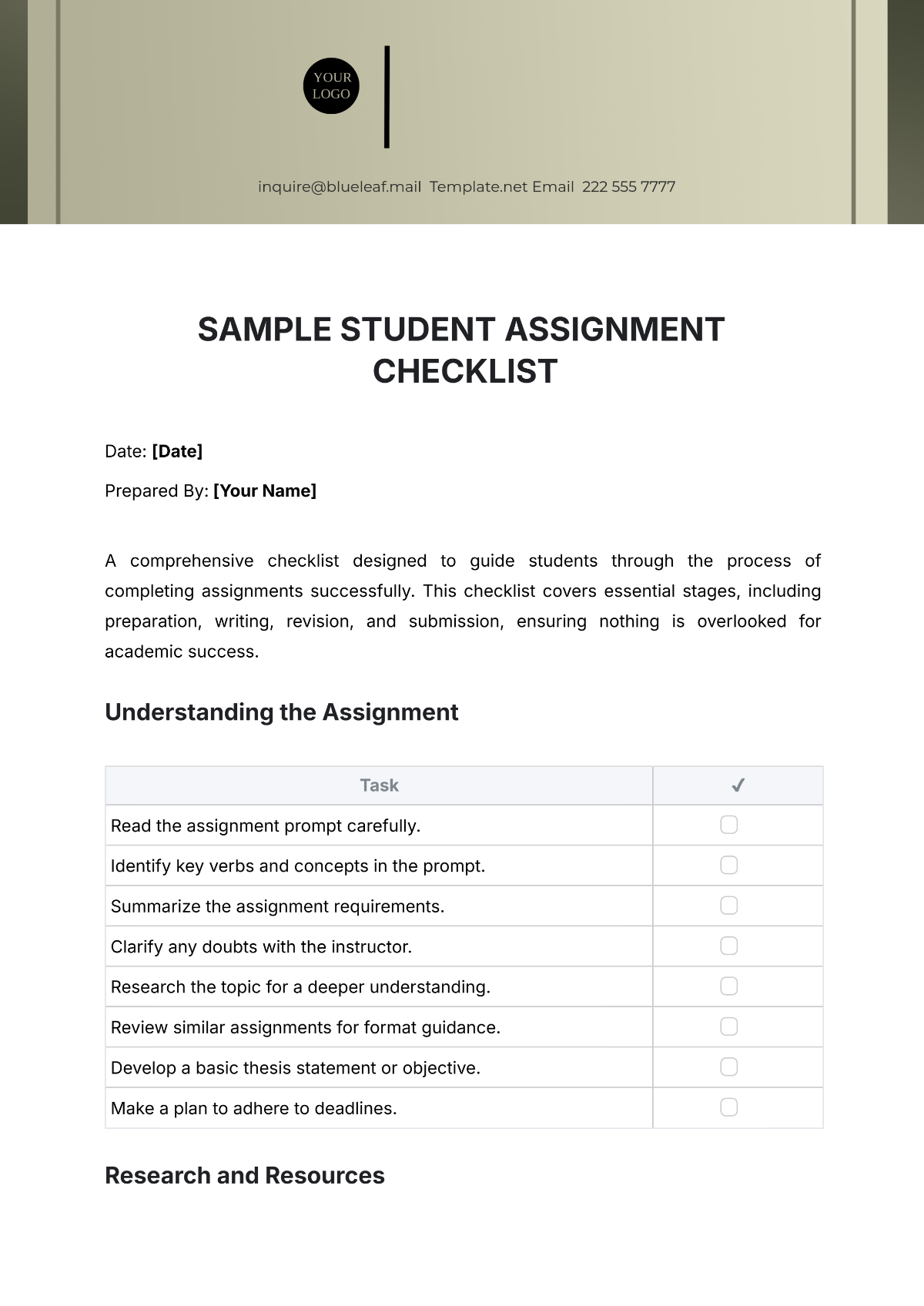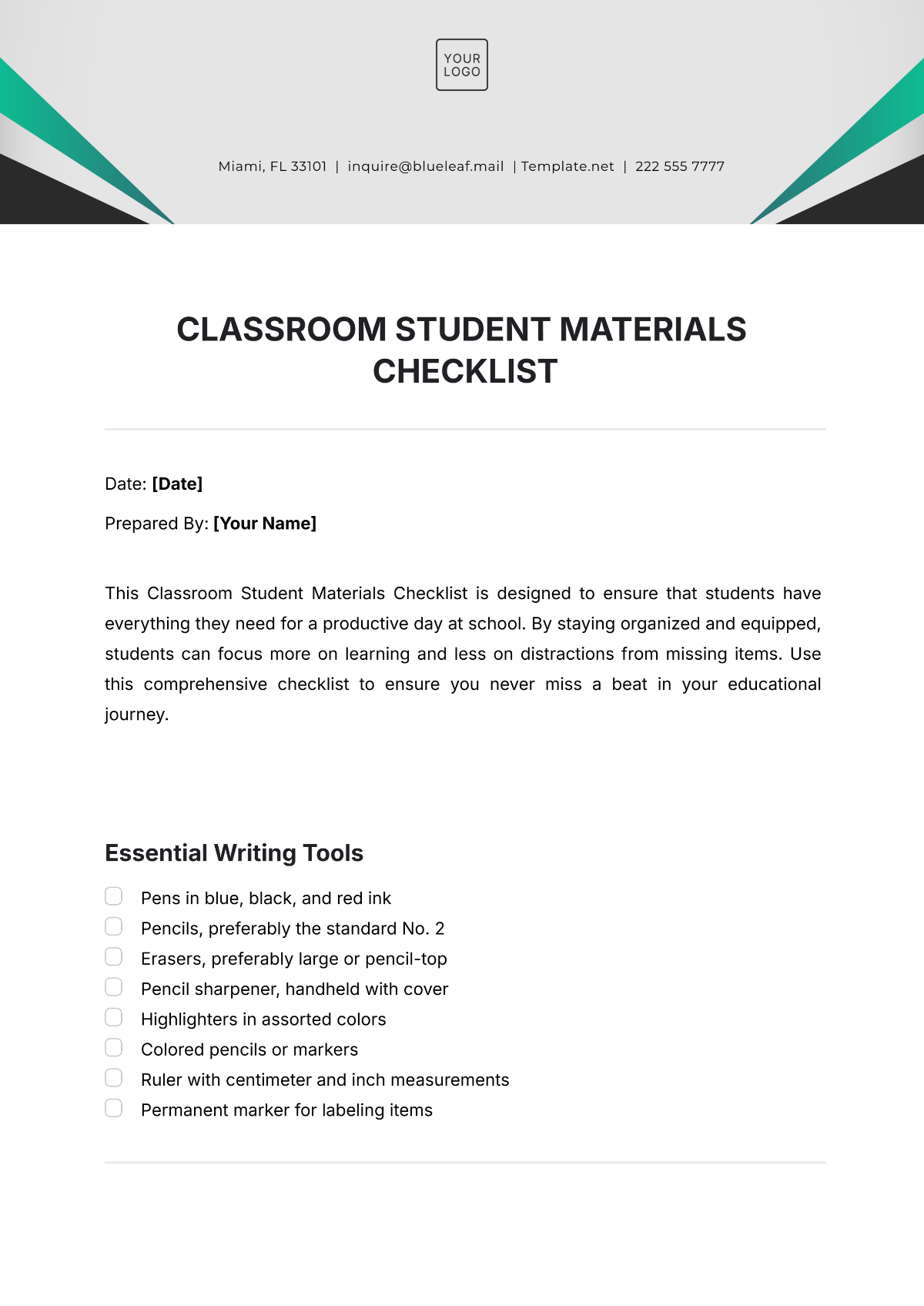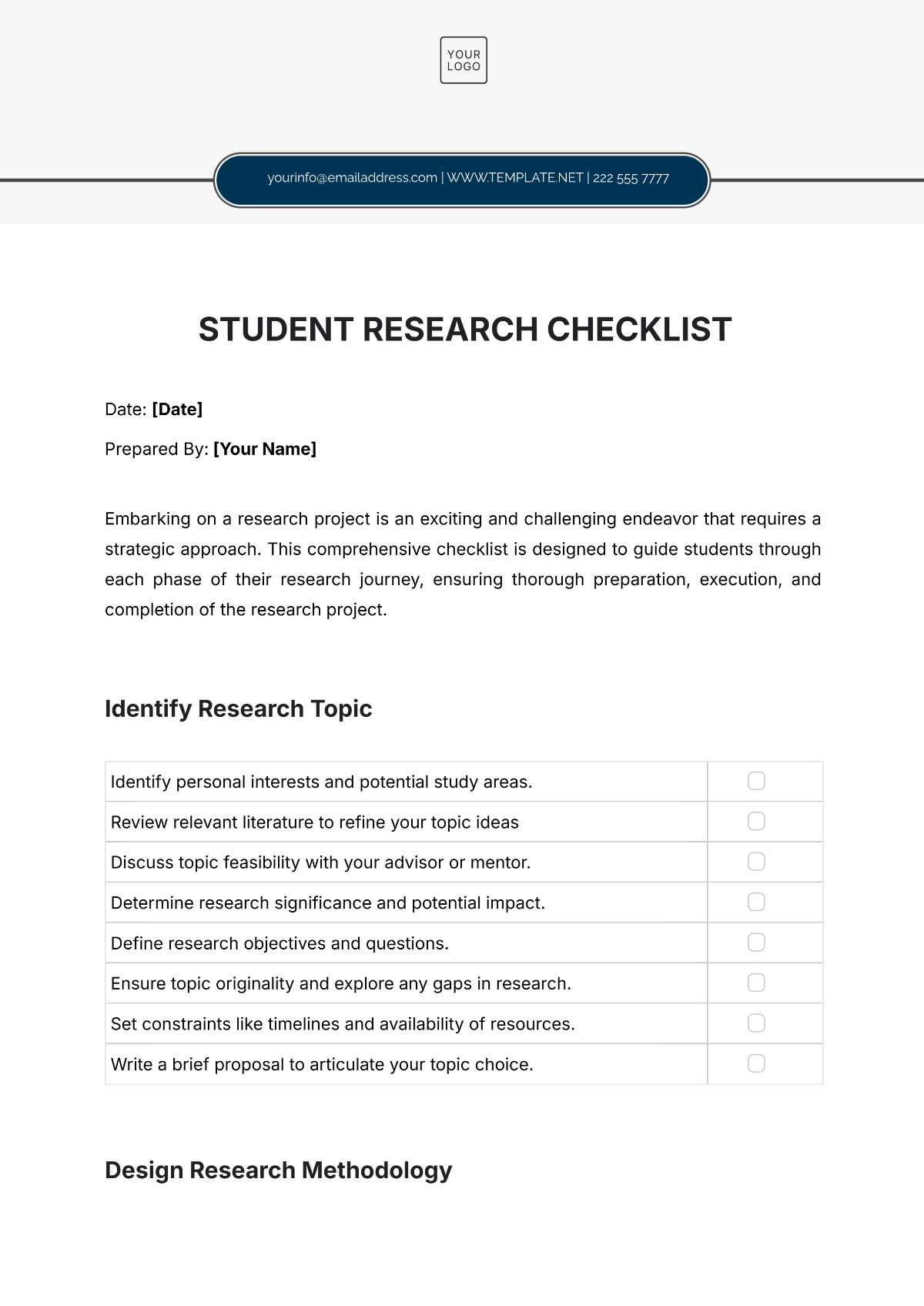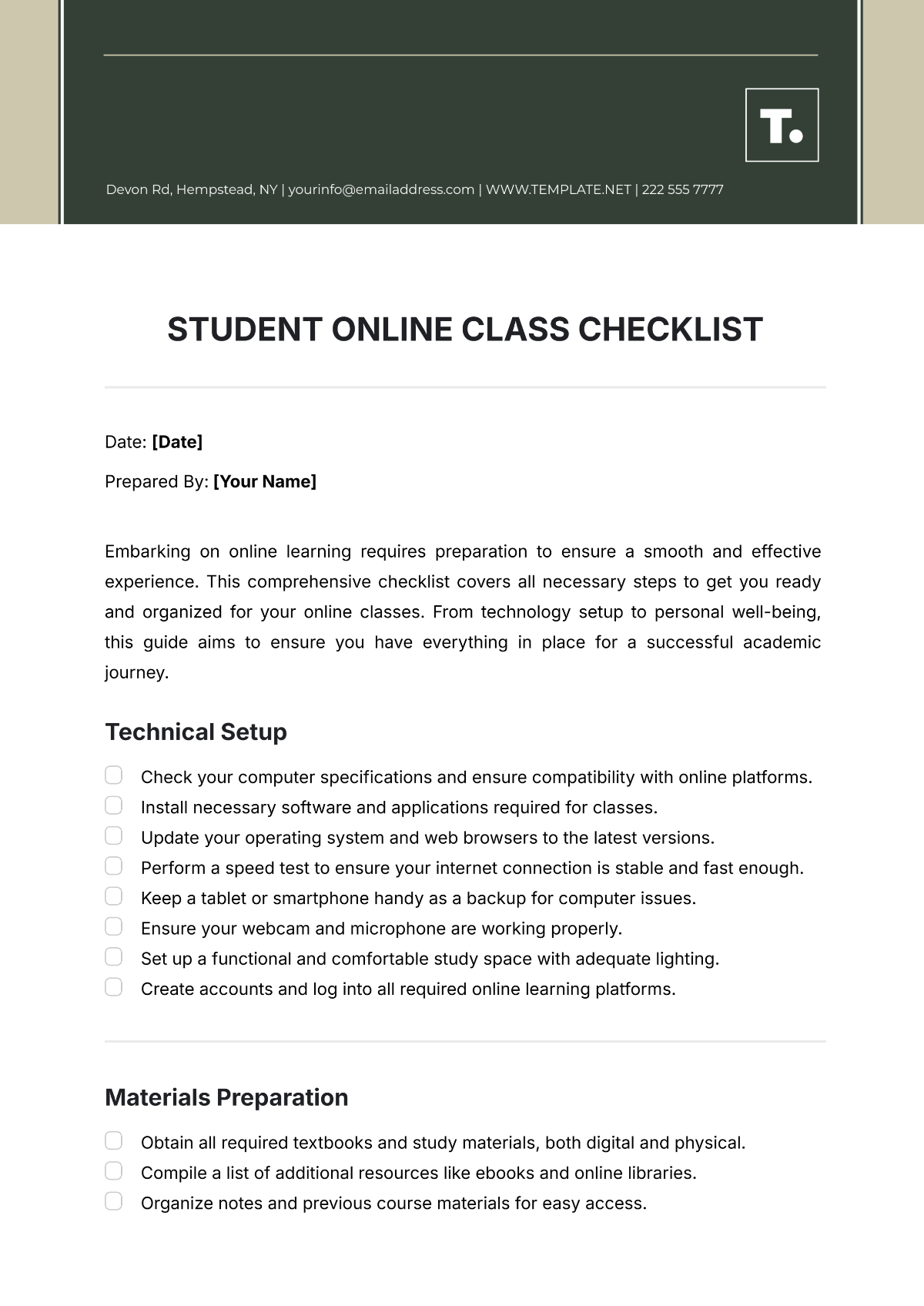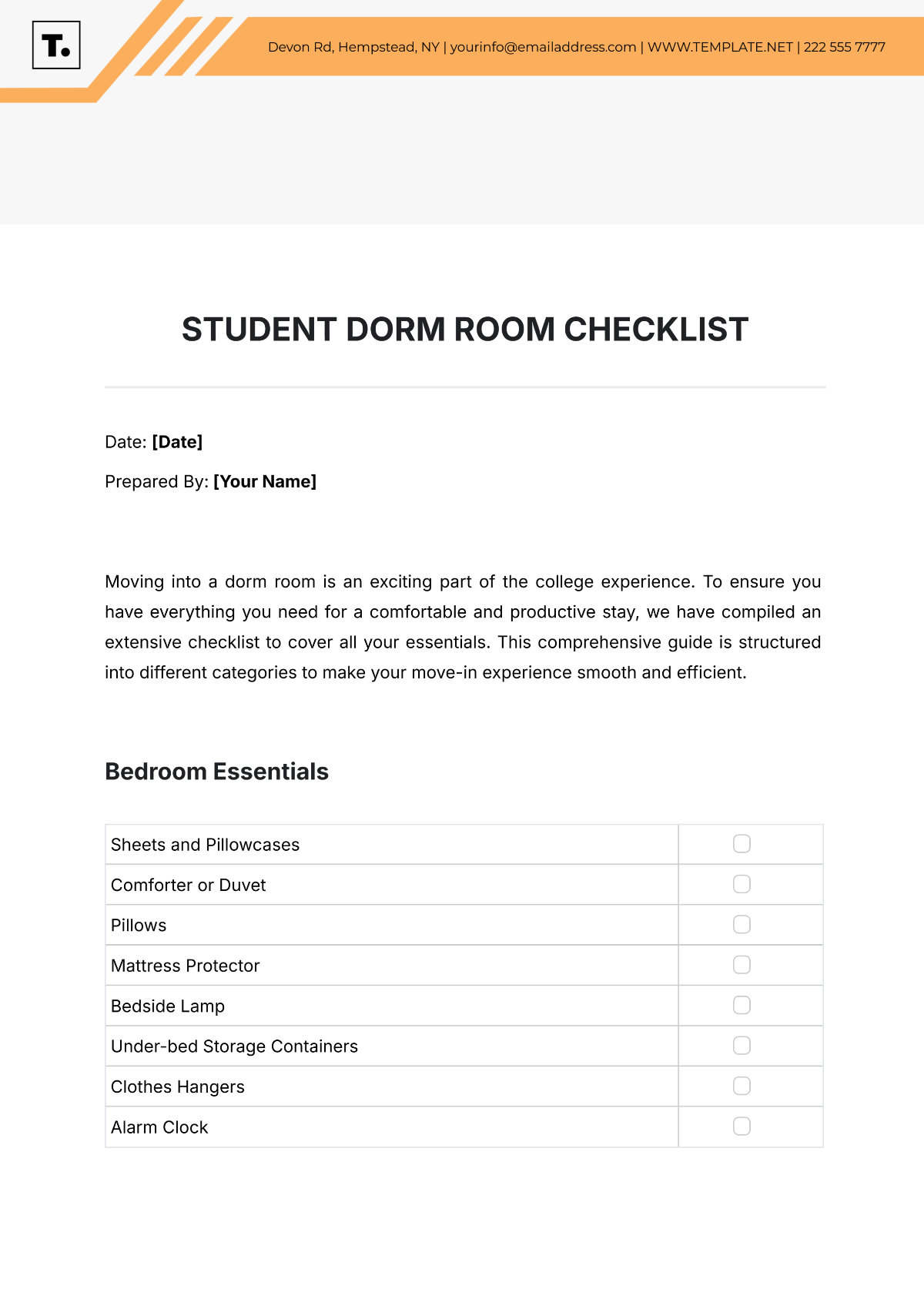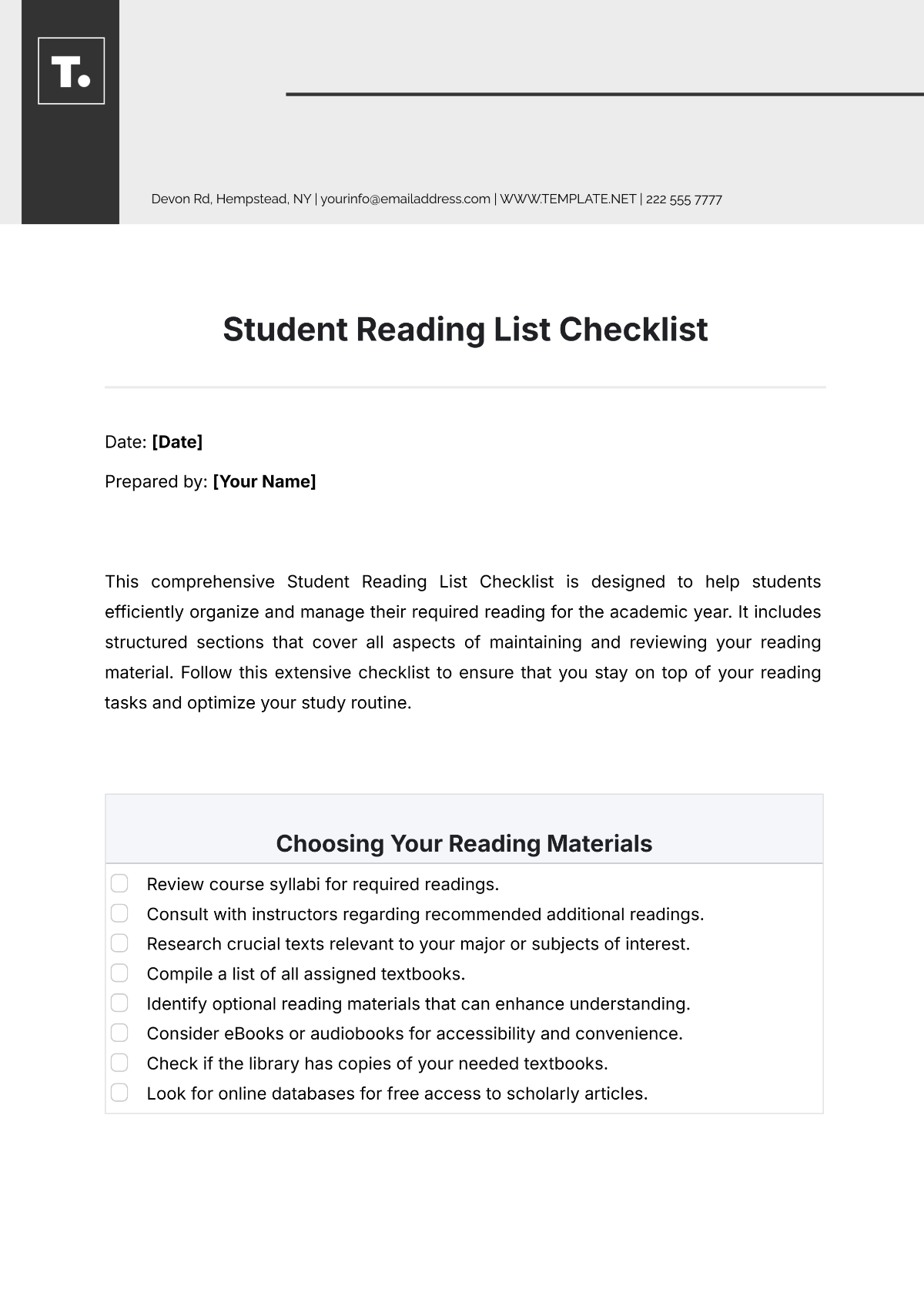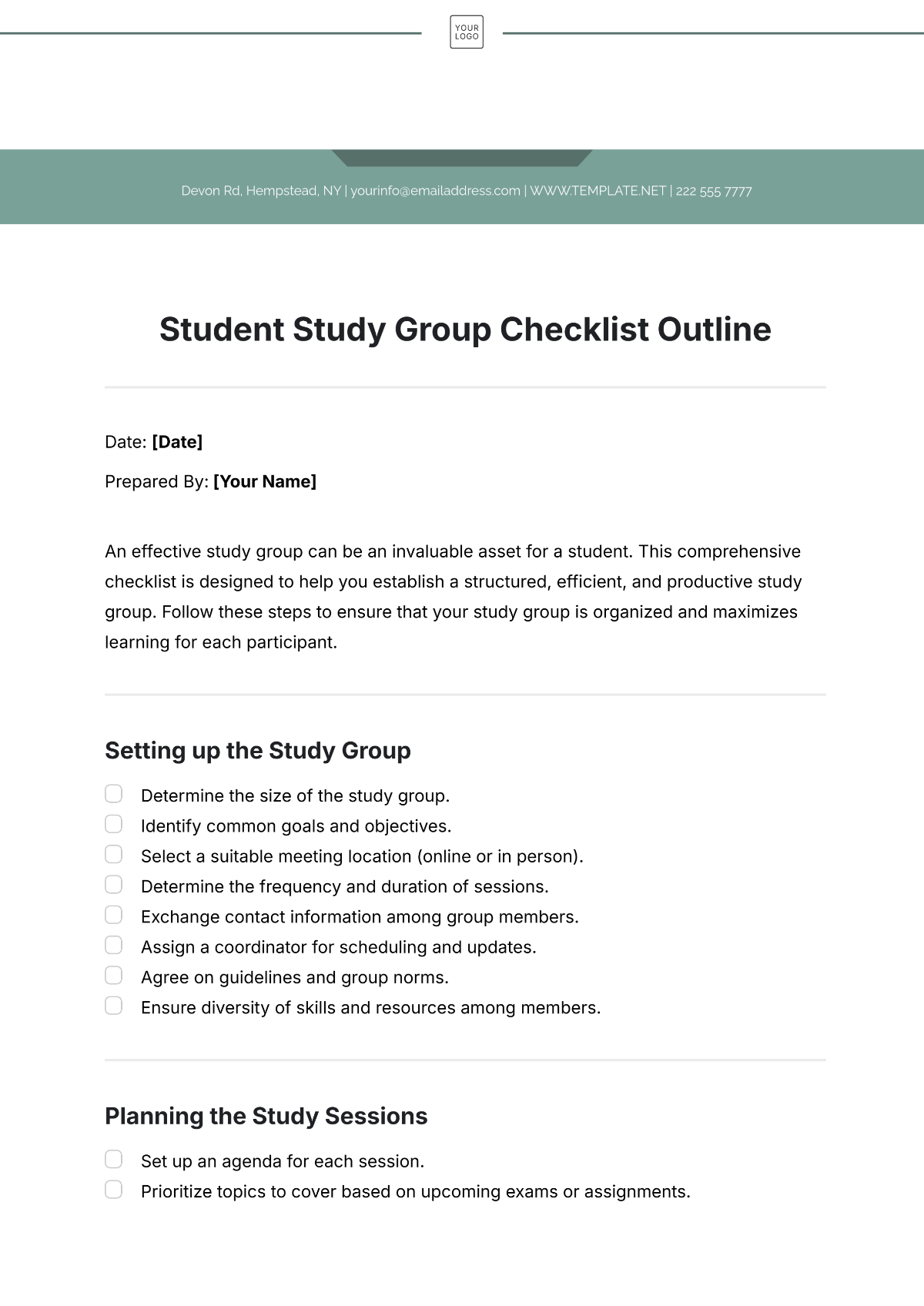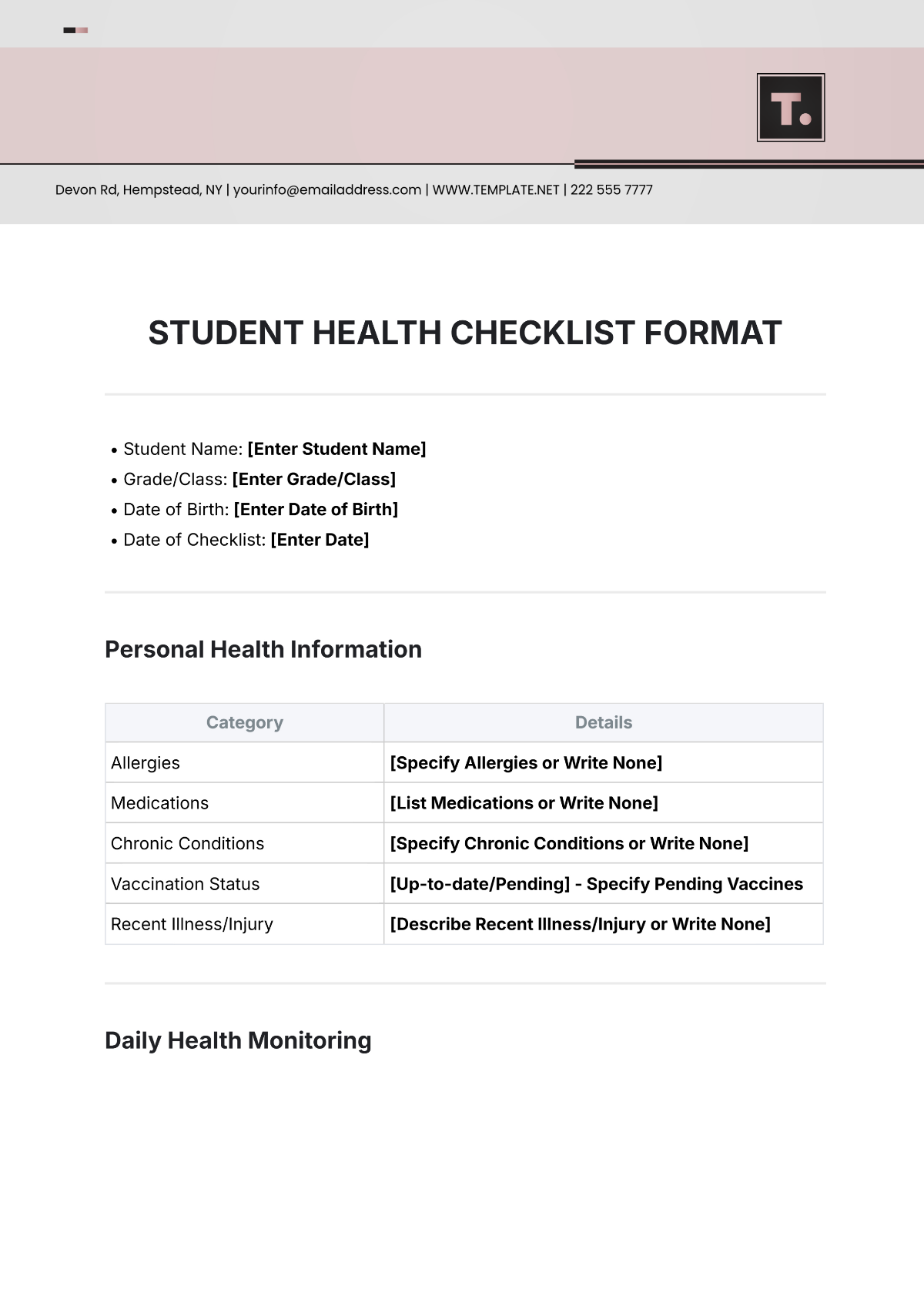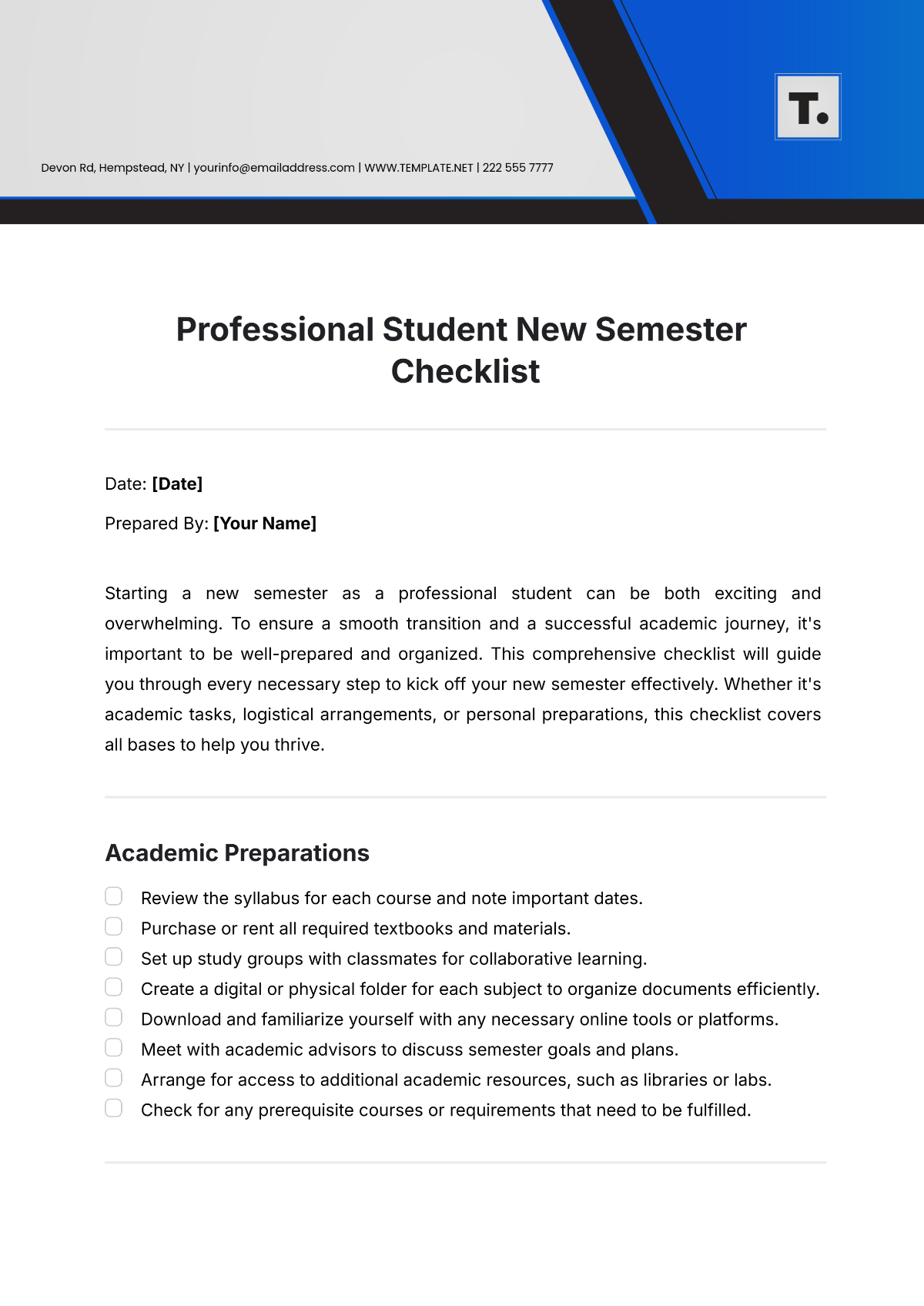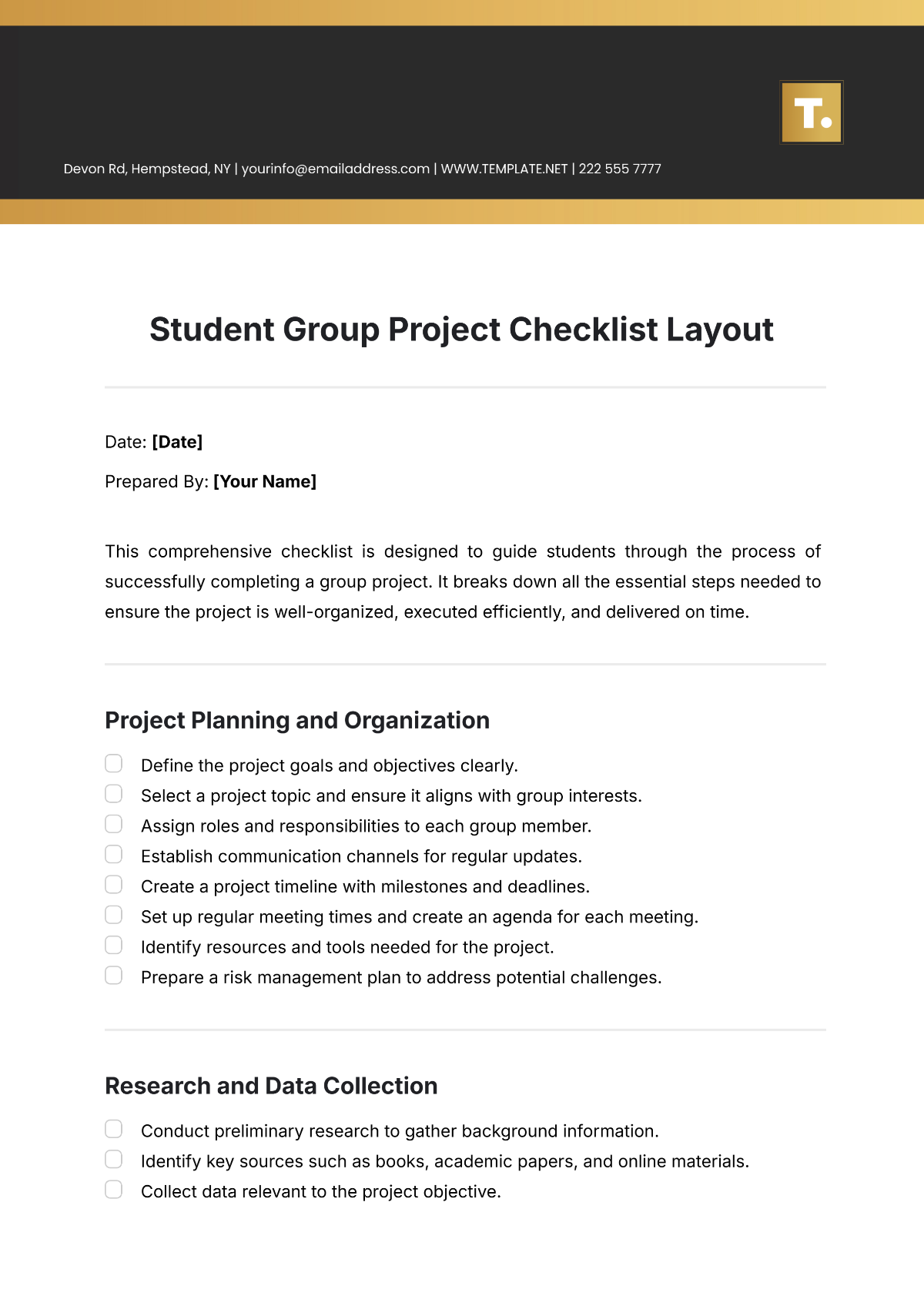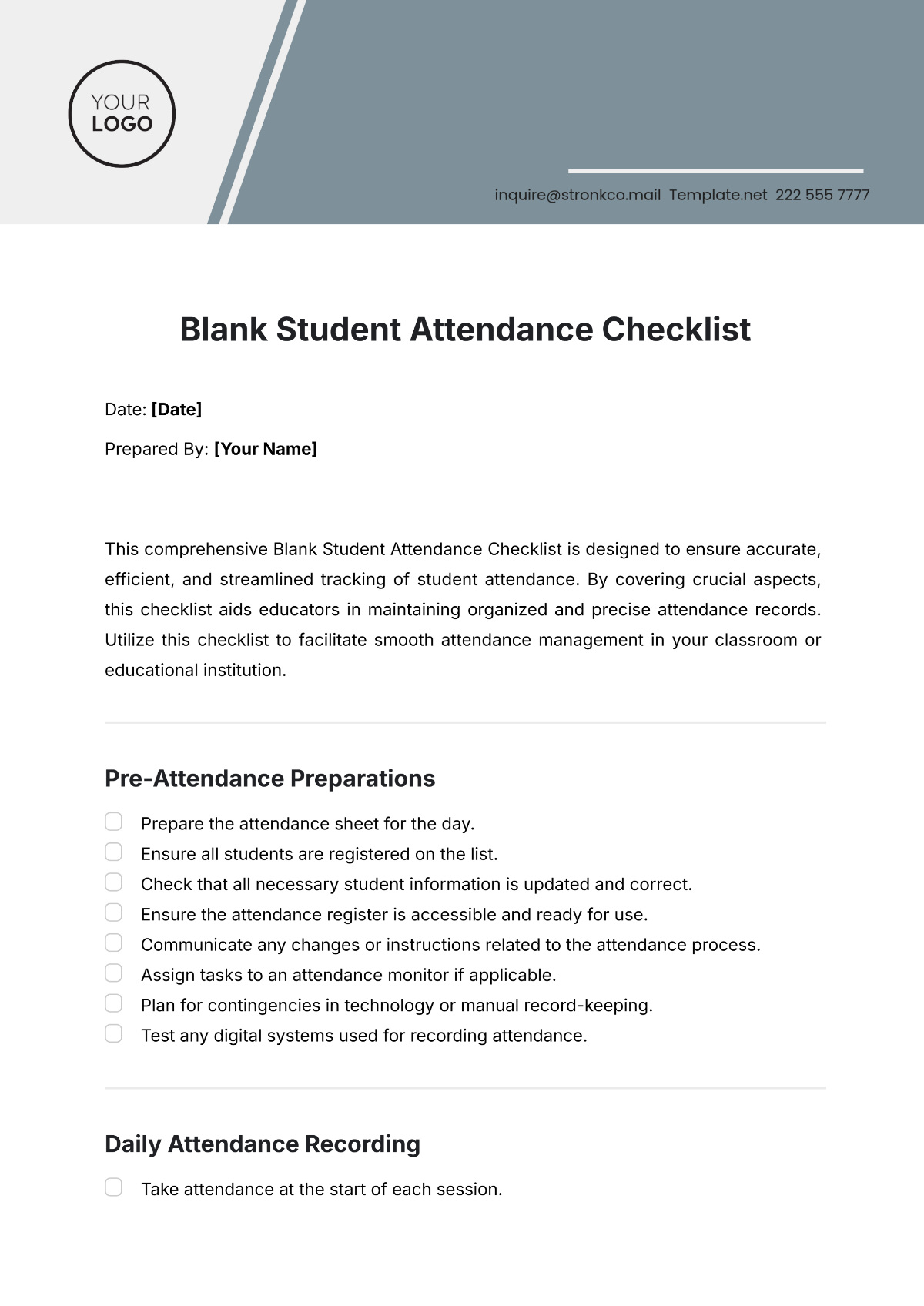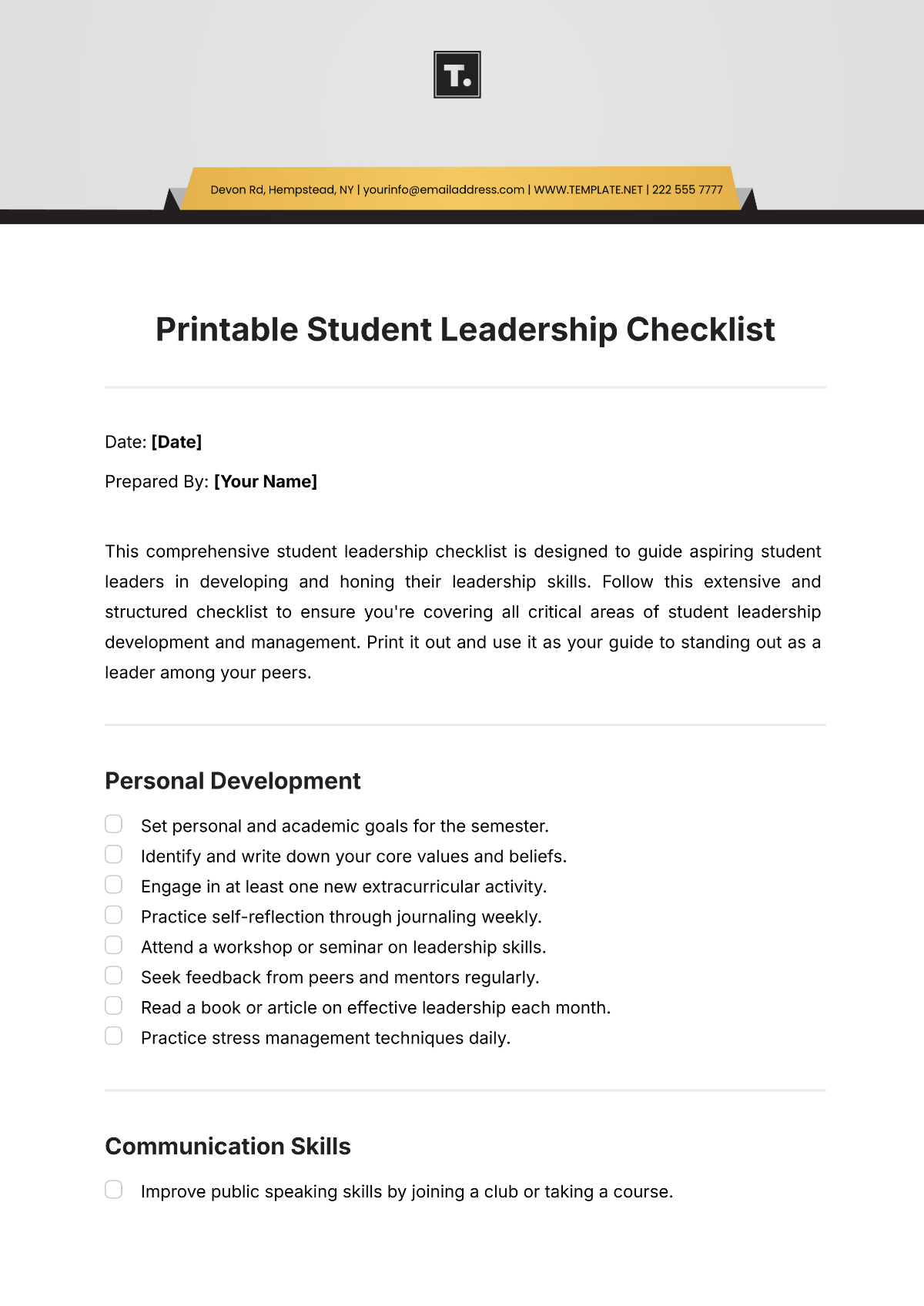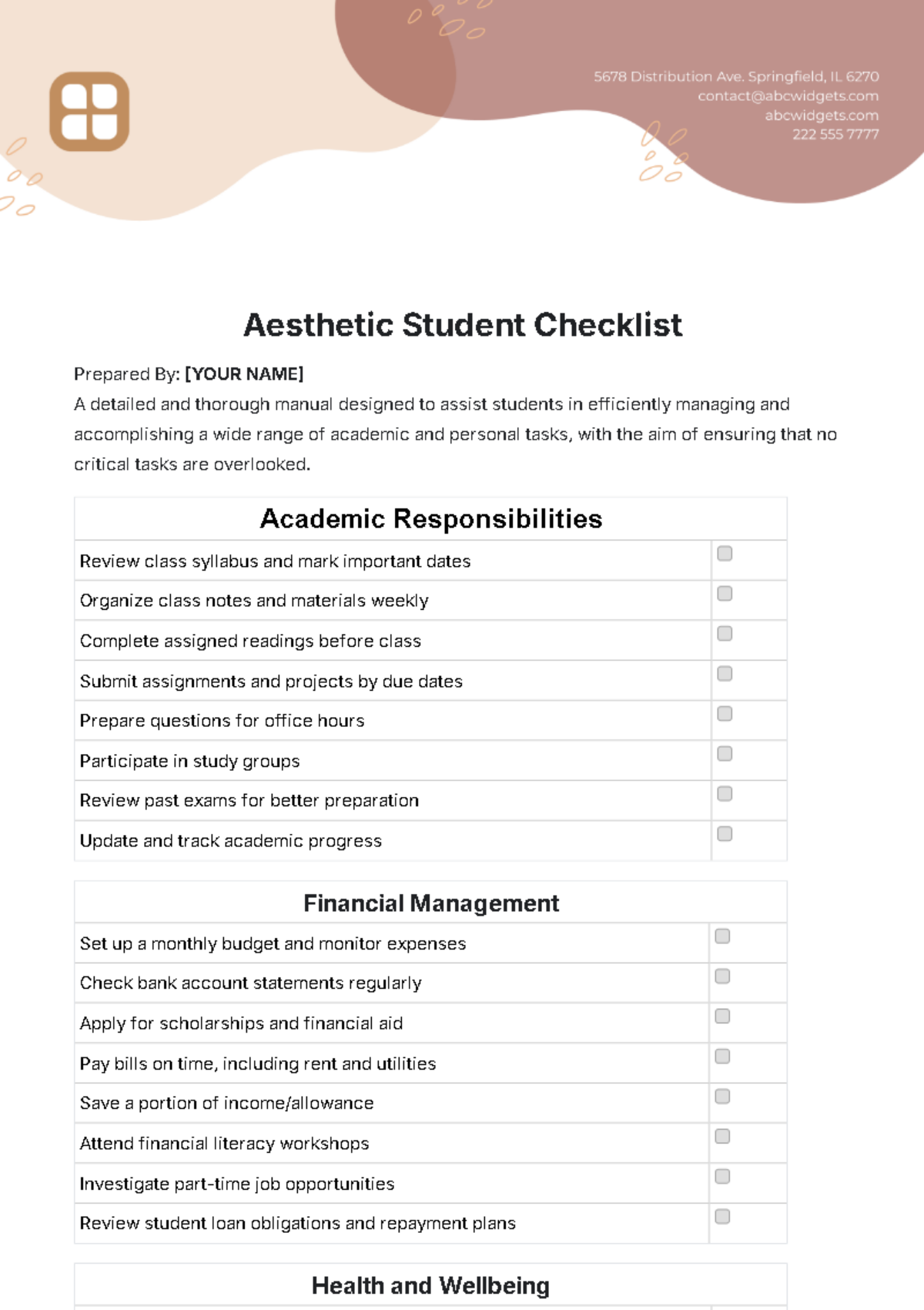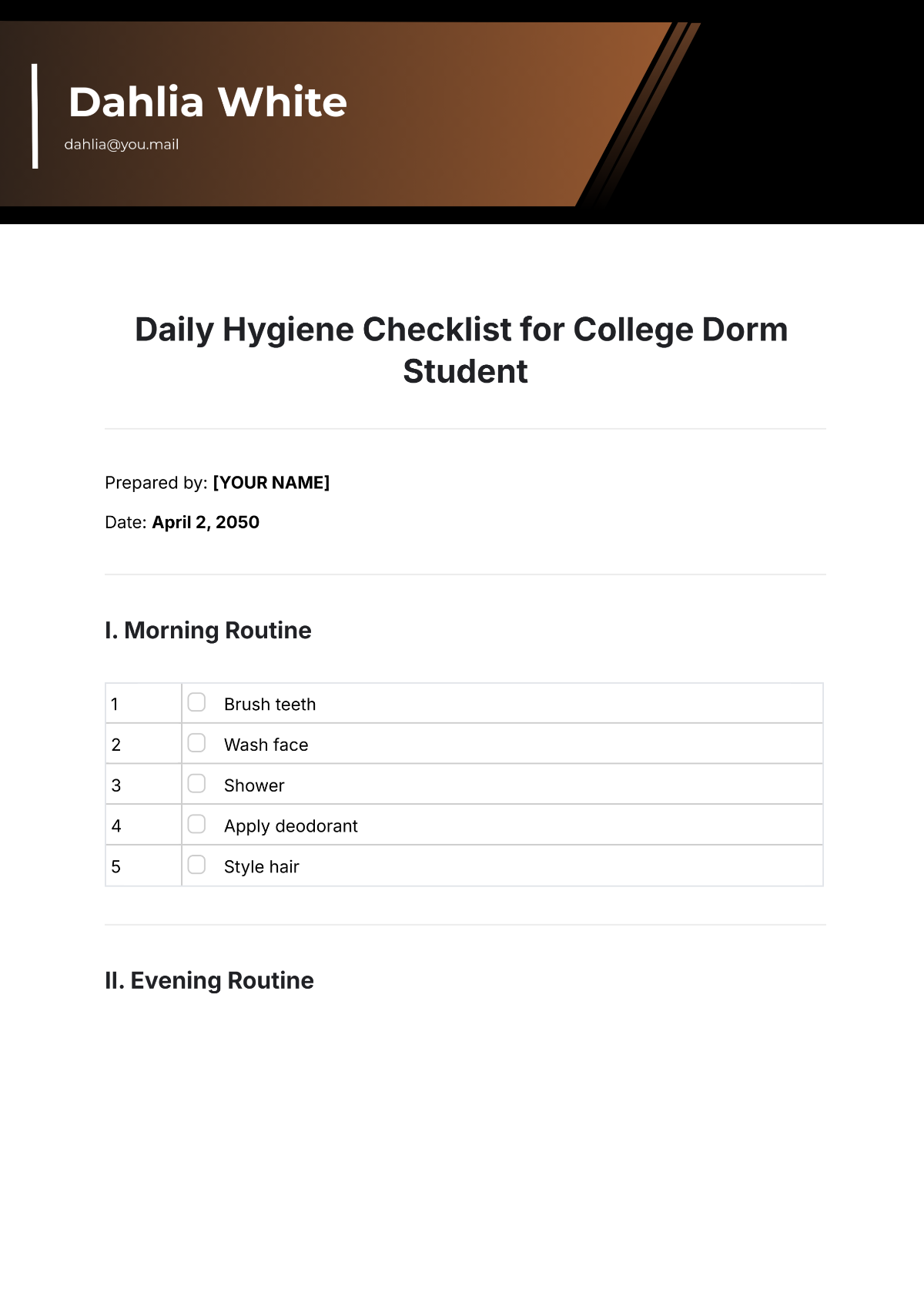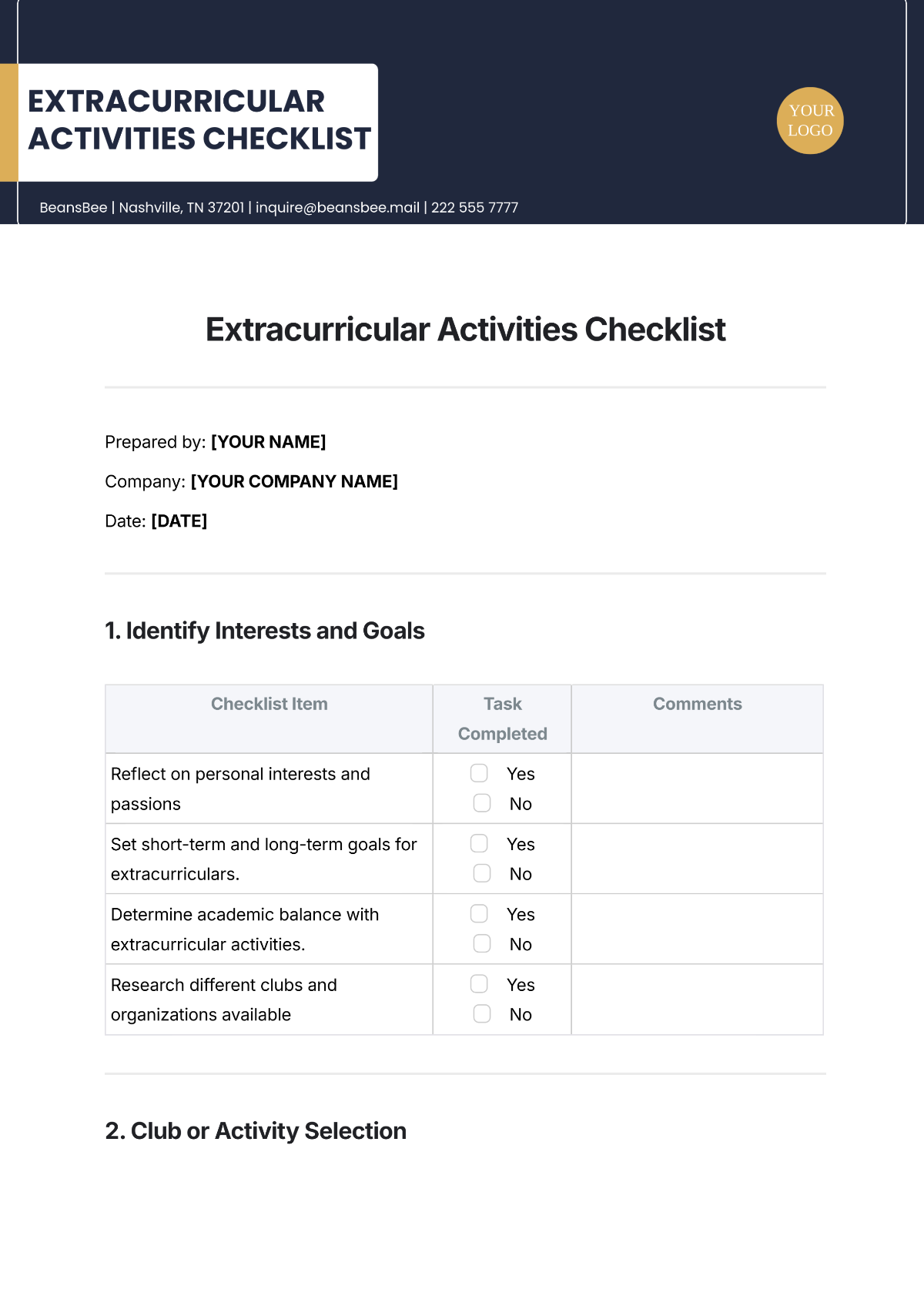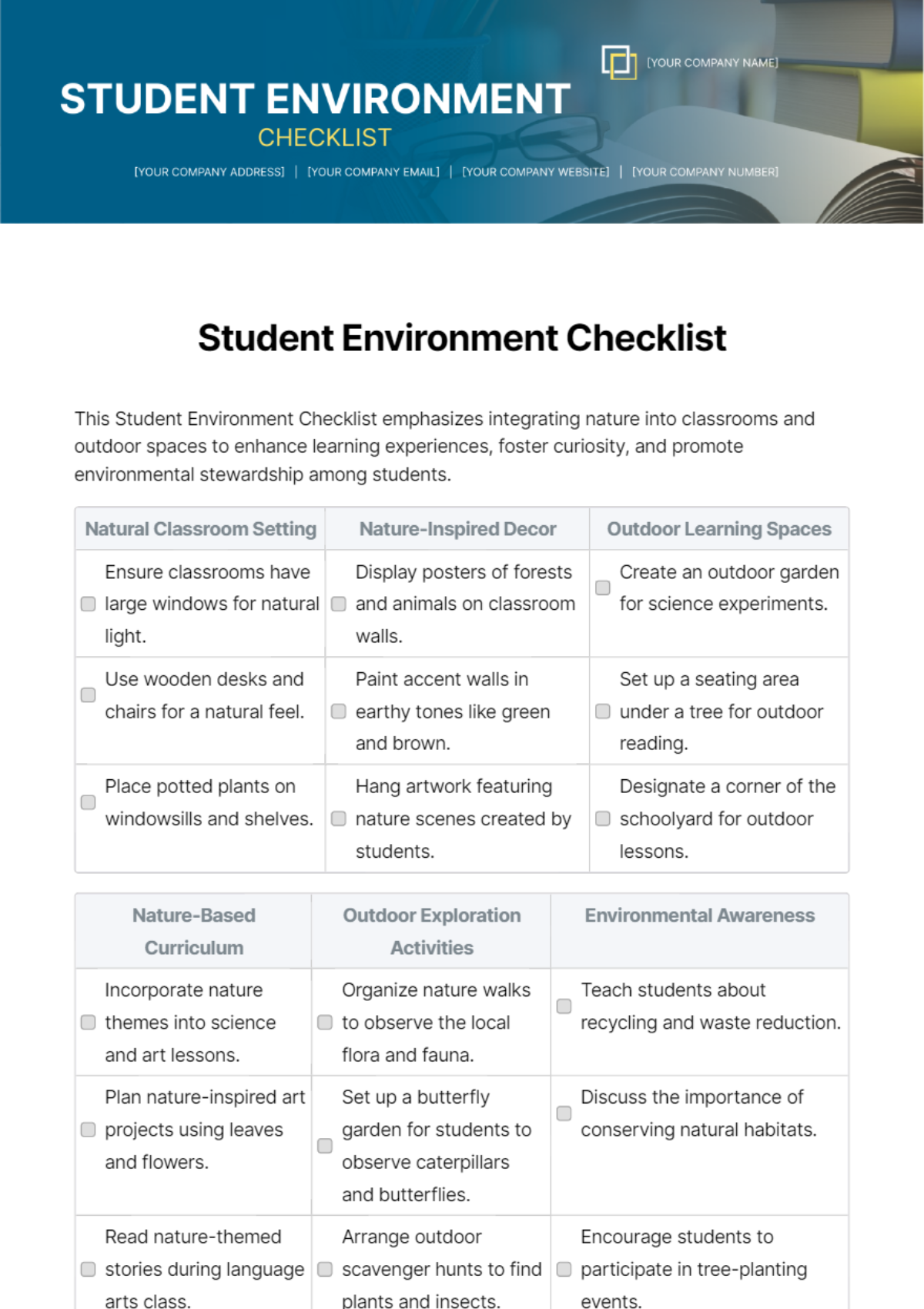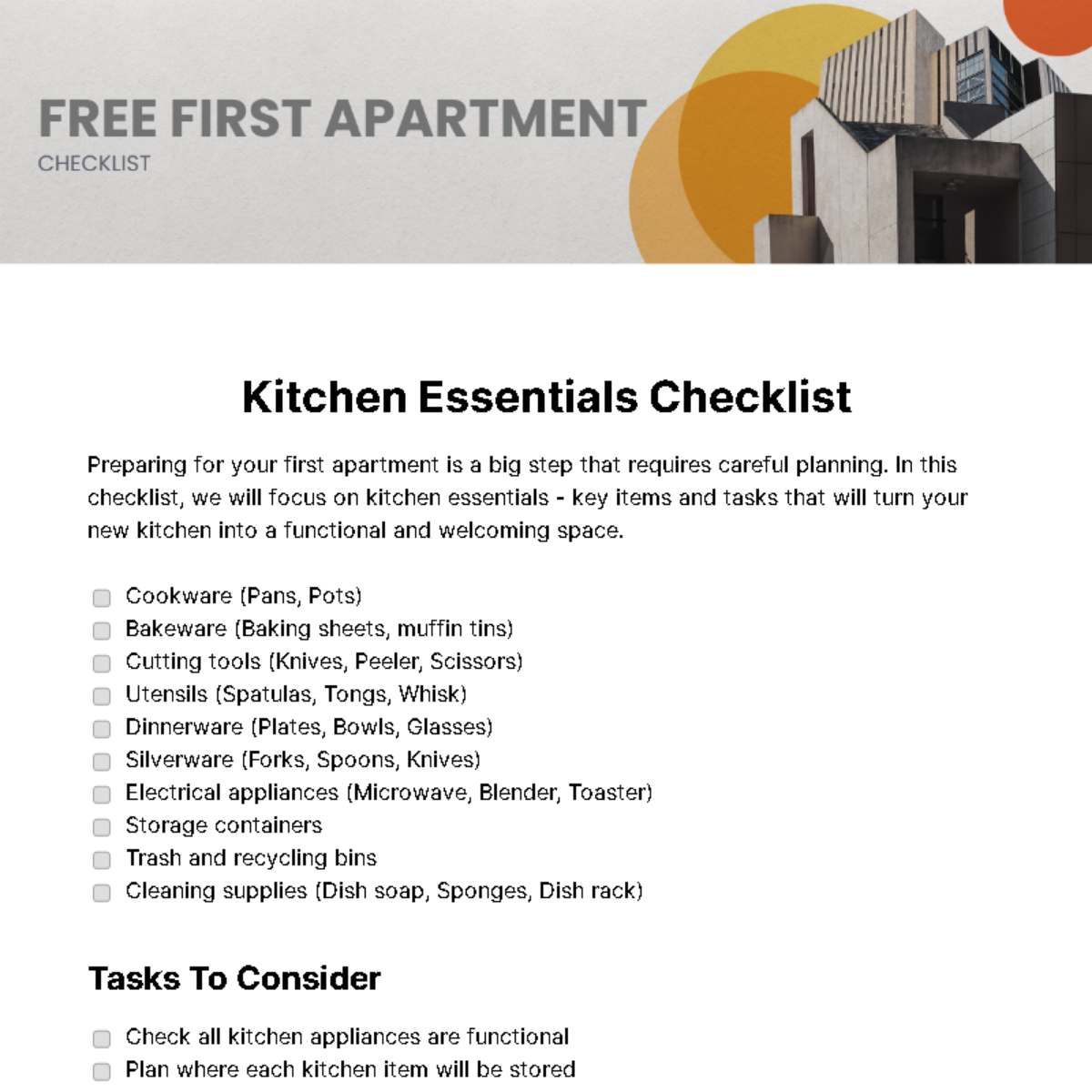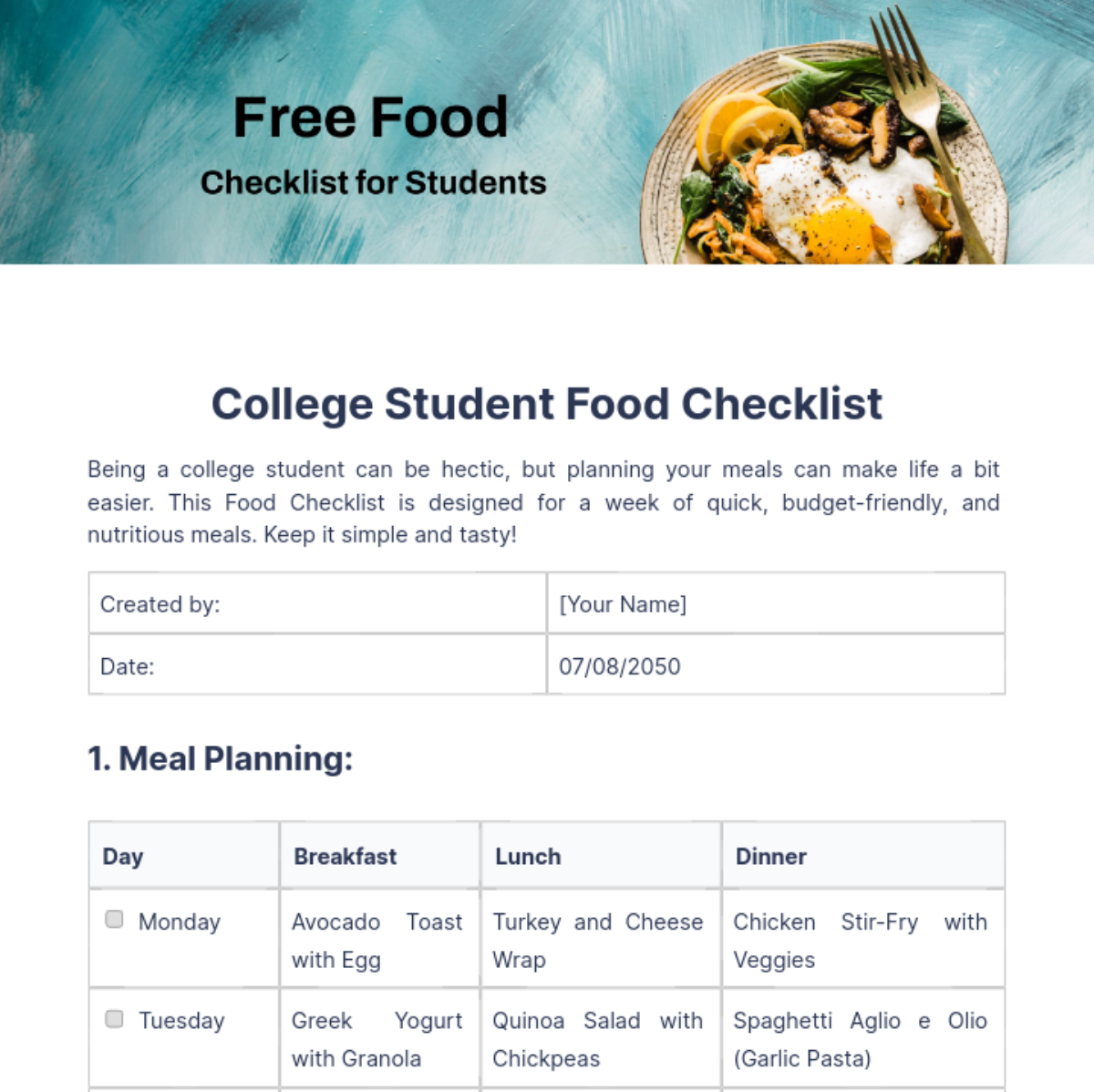Student Reading List Checklist
Date: [Date]
Prepared by: [Your Name]
This comprehensive Student Reading List Checklist is designed to help students efficiently organize and manage their required reading for the academic year. It includes structured sections that cover all aspects of maintaining and reviewing your reading material. Follow this extensive checklist to ensure that you stay on top of your reading tasks and optimize your study routine.
Choosing Your Reading Materials |
|---|
|
Organizing Your Reading Schedule |
|---|
|
Reading Strategies |
|---|
|
Tracking Your Reading Progress |
|---|
|
Utilizing Resources and Support |
|---|
|
Review and Reflect |
|---|
|
Maintaining Reading Motivation |
|---|
|
NOTES:
Always keep a backup of digital notes and highlights.
Refresh your reading space to keep it inviting and comfortable.
Remember to balance reading tasks with other academic responsibilities.
Seek alternatives if you encounter accessibility issues with materials.
Be open to modifying your approach if it's not yielding desired results.
Regularly assess your workload to prevent burnout.
Cooperate with peers for study sessions and sharing insights.
Maintain a positive attitude and patience with your progress.
